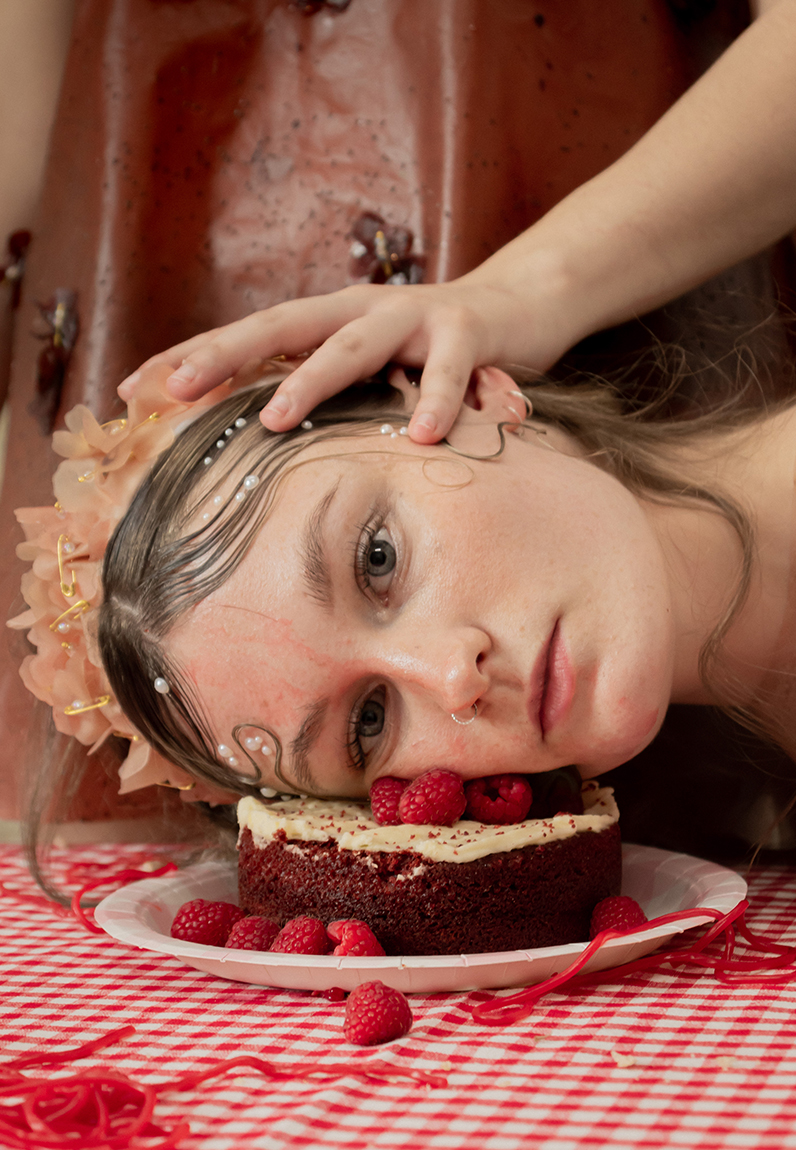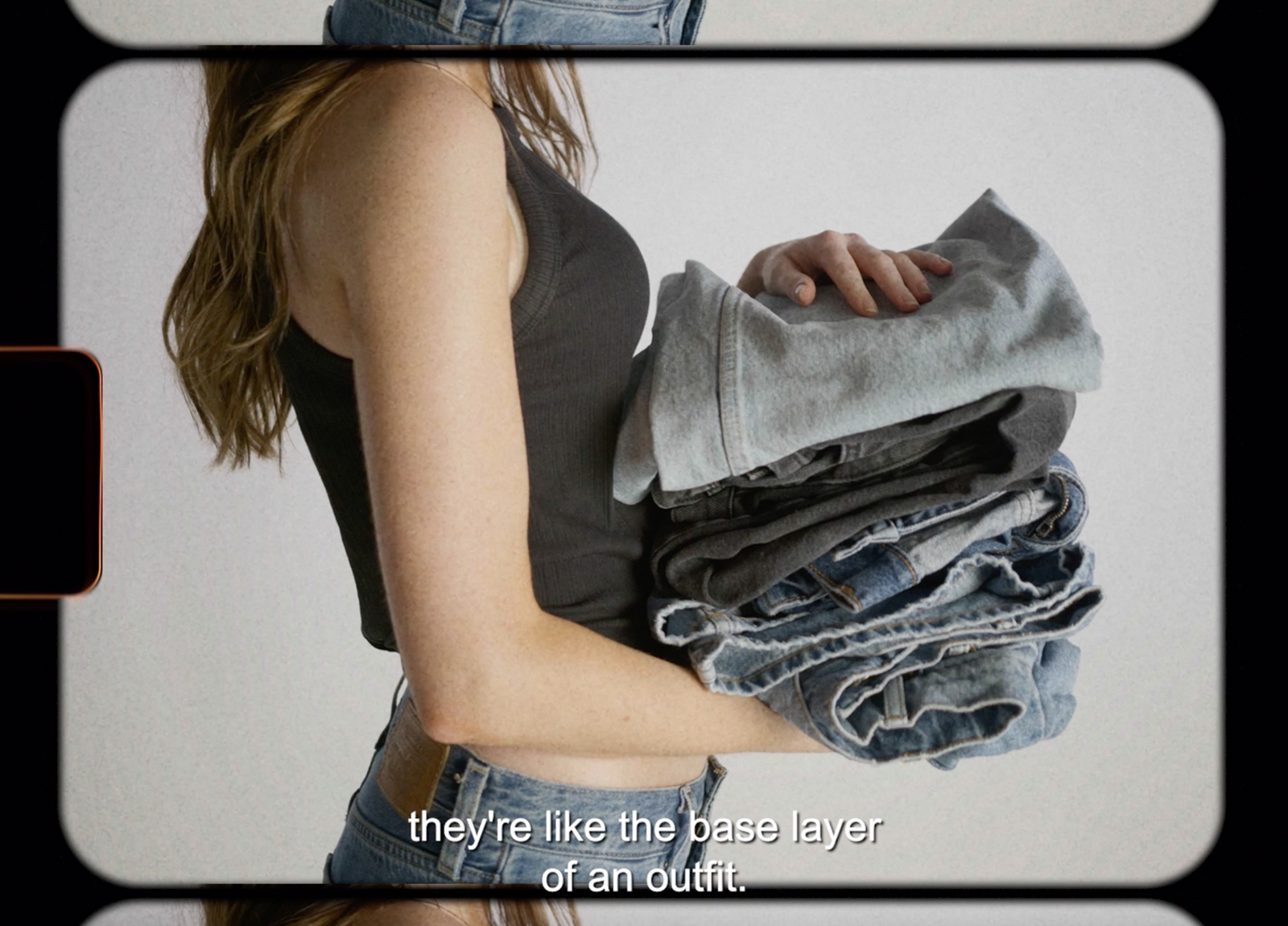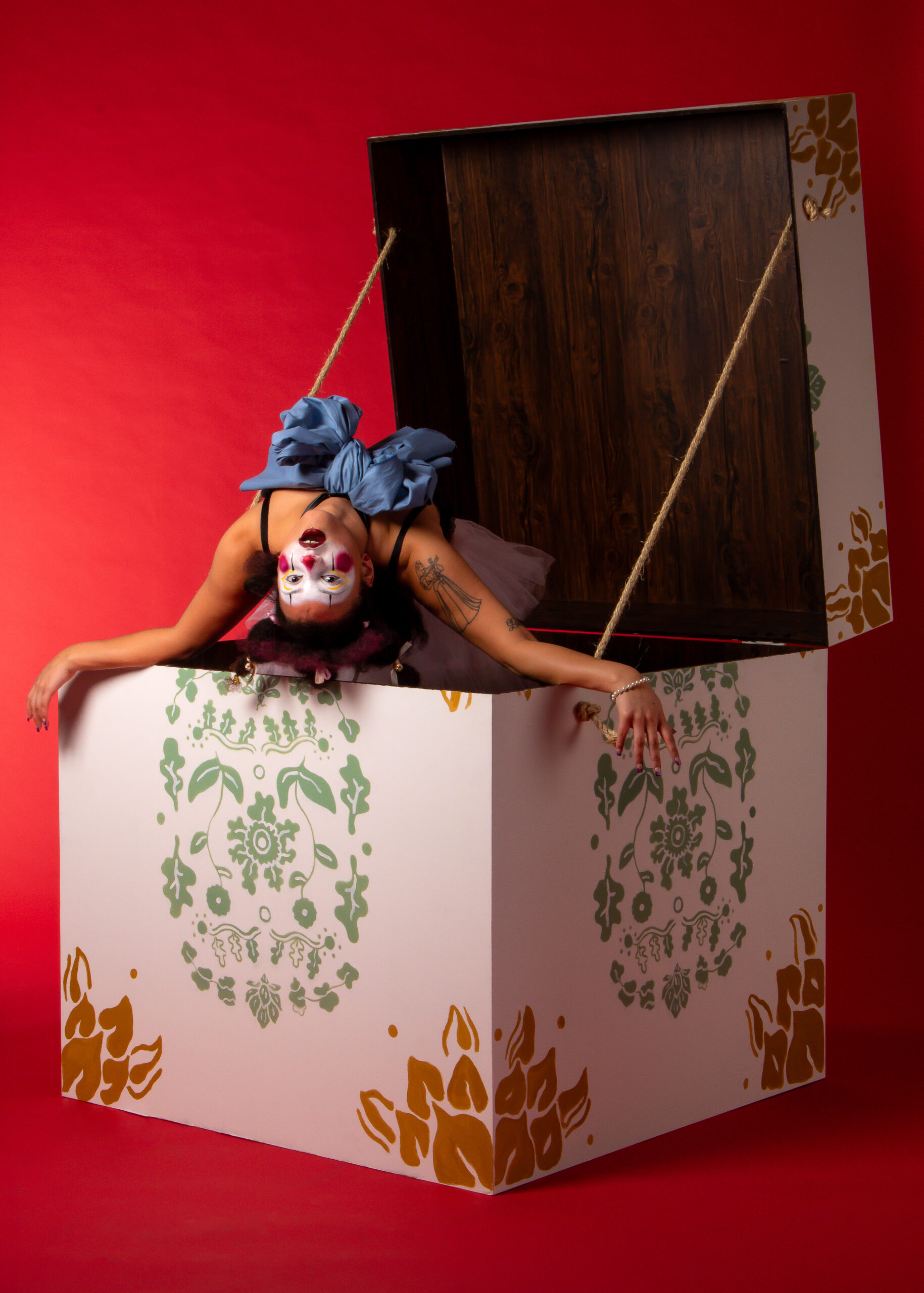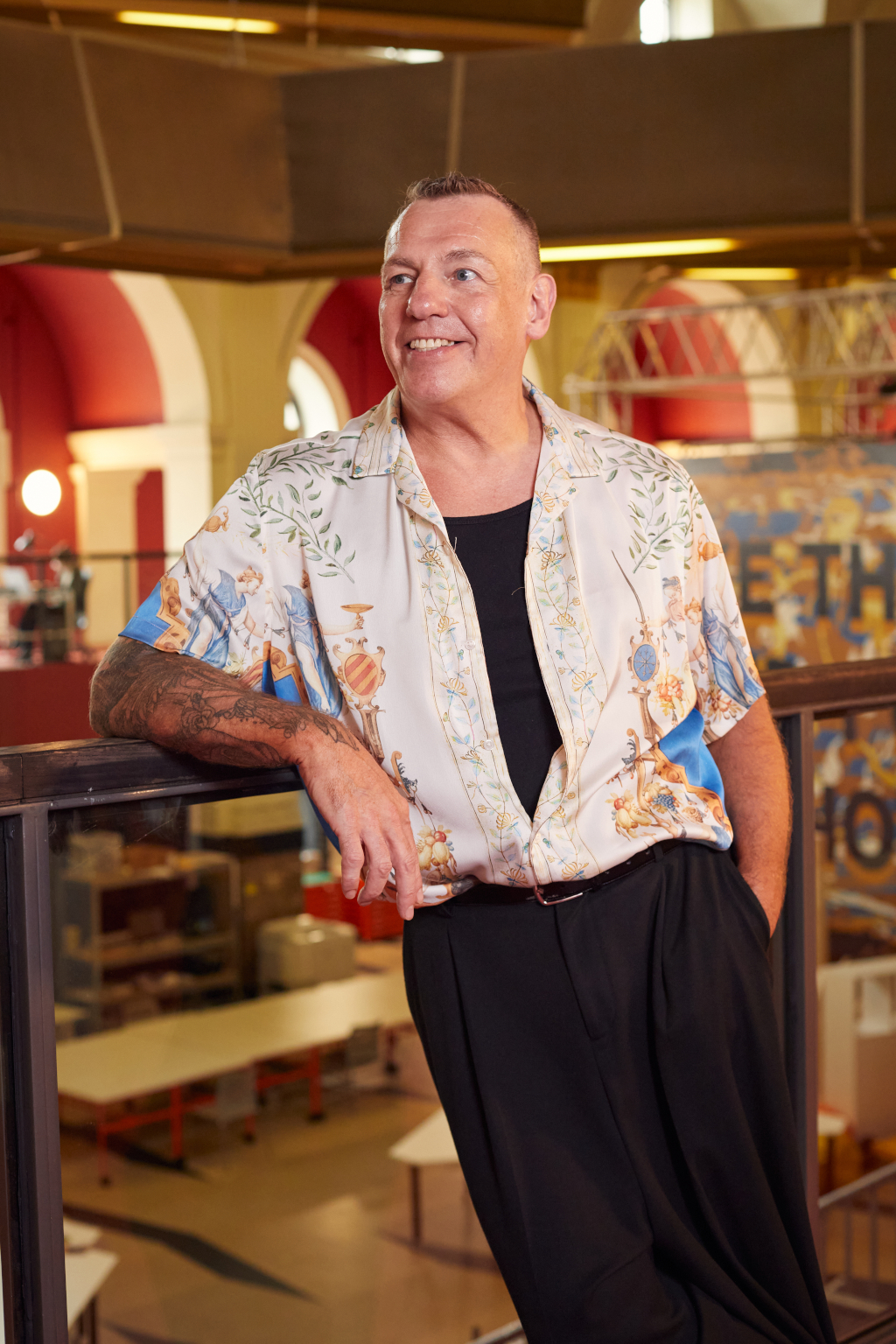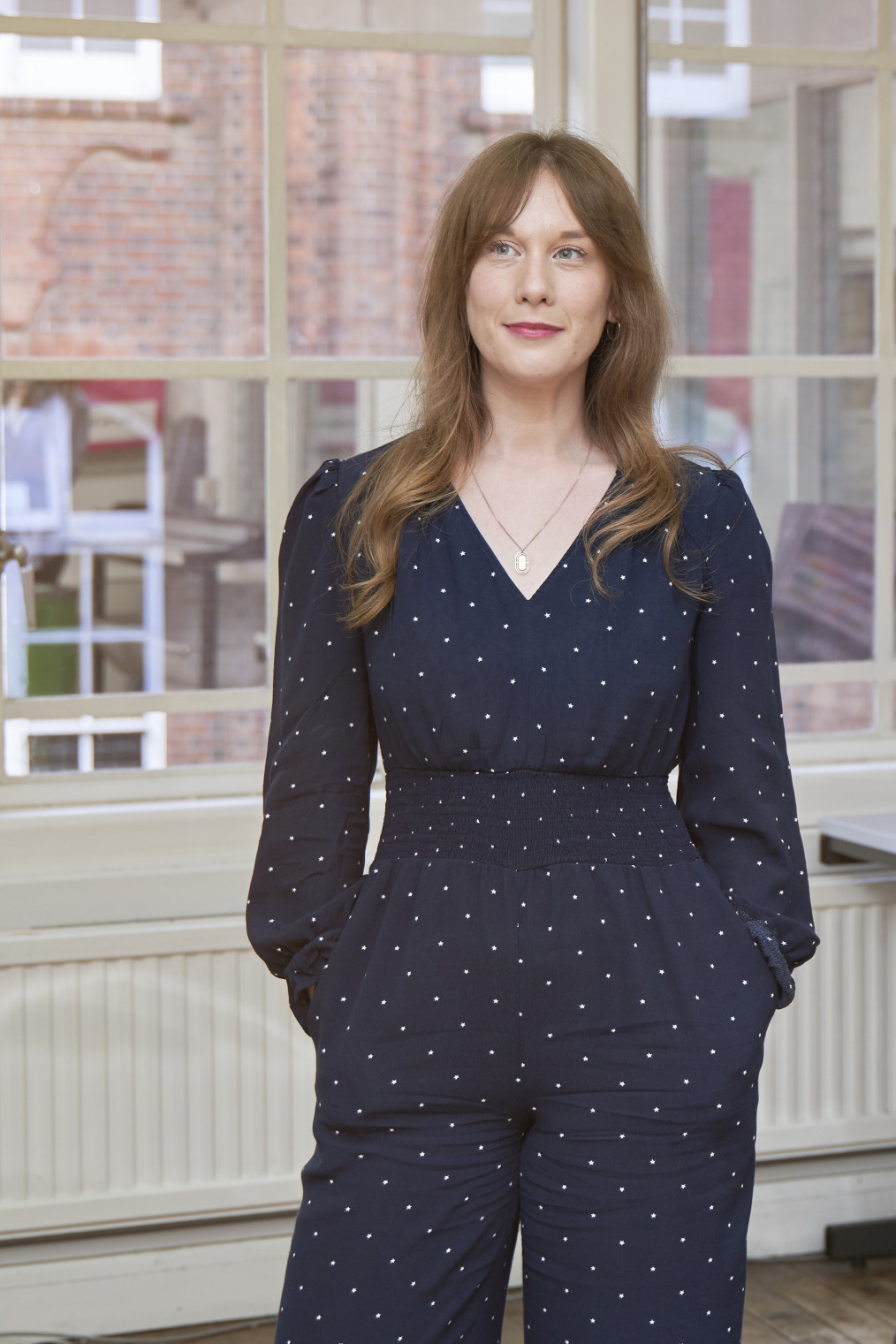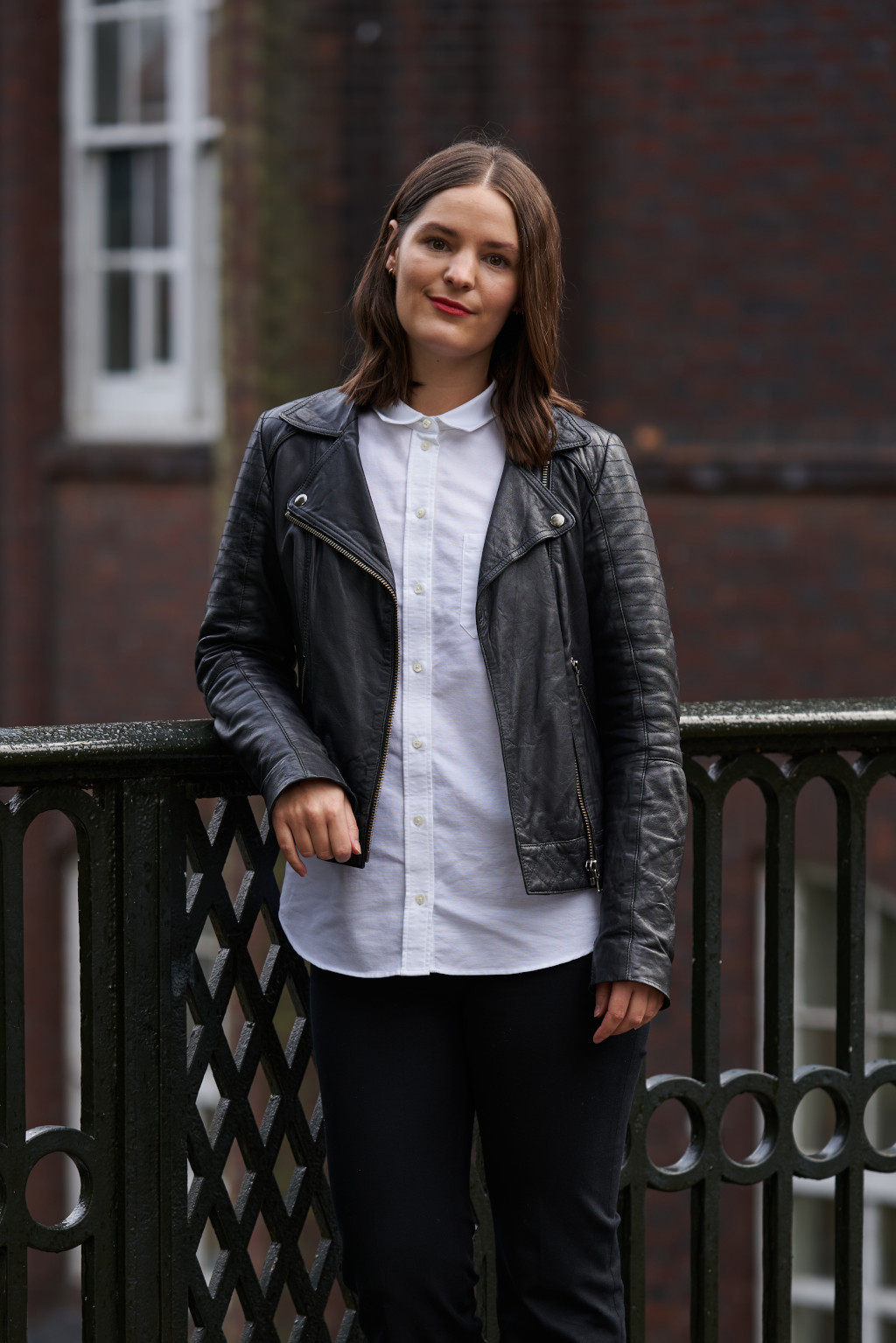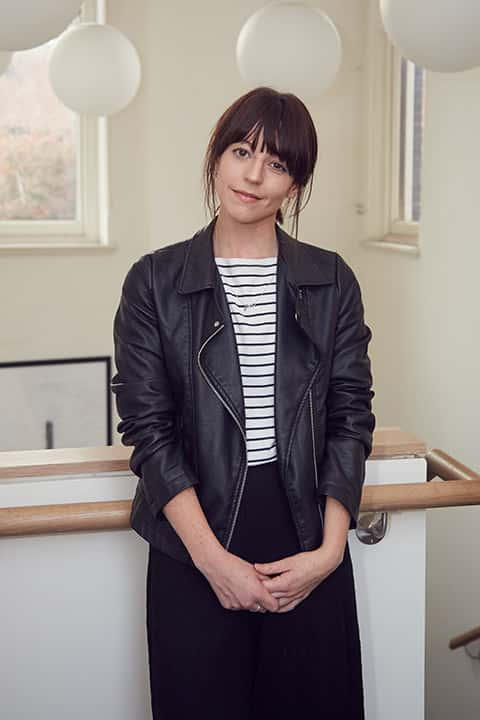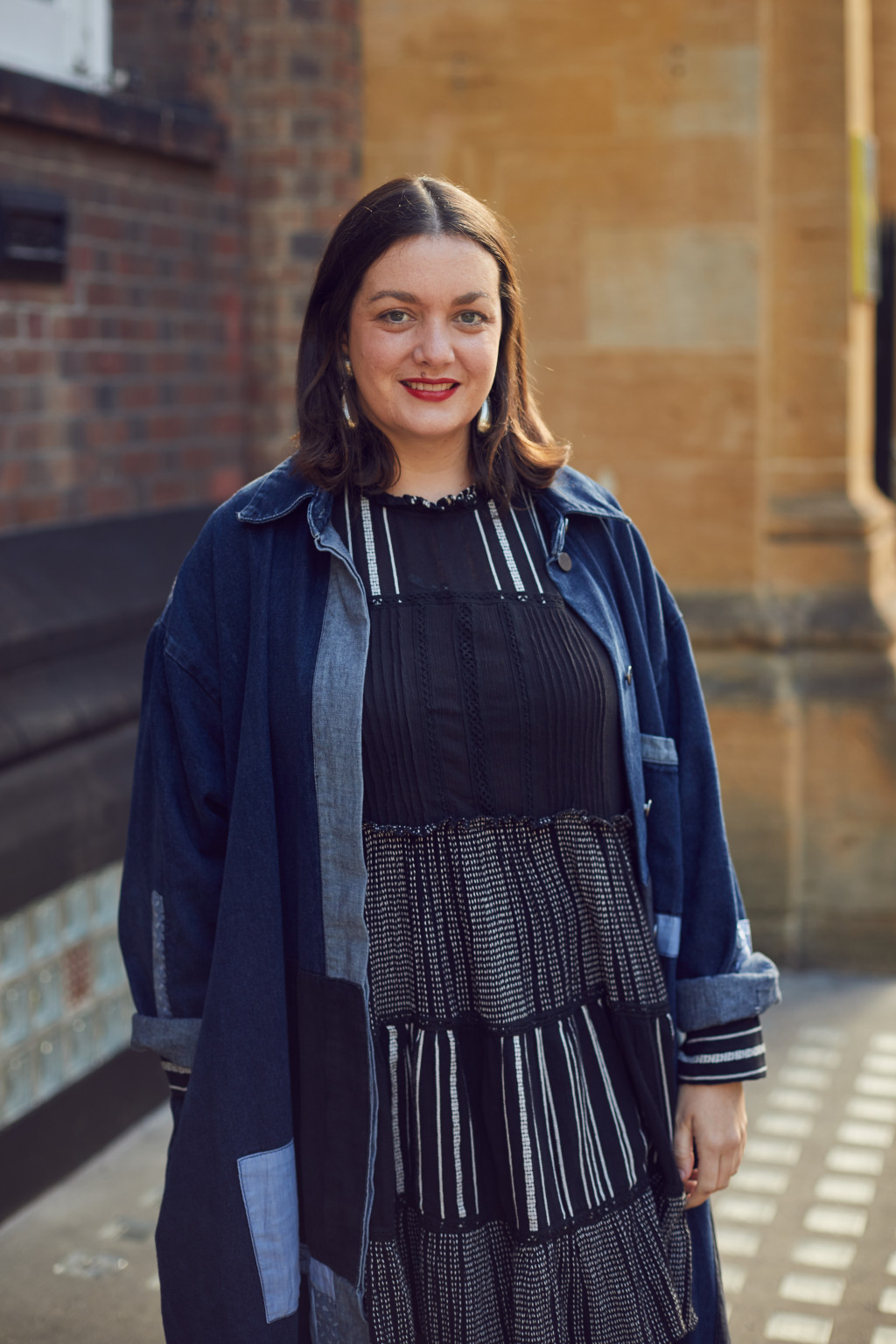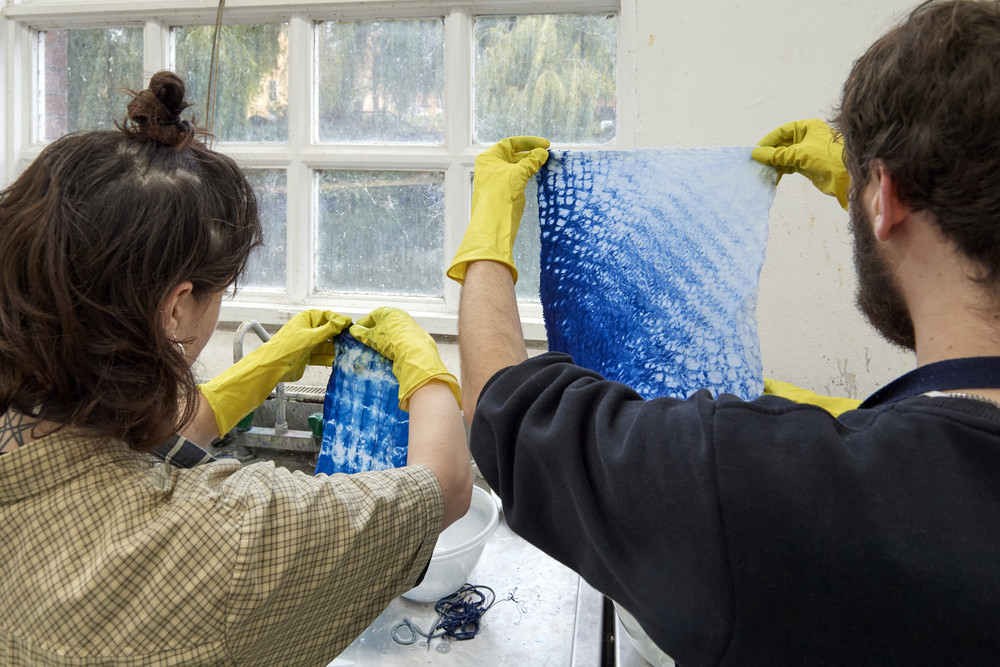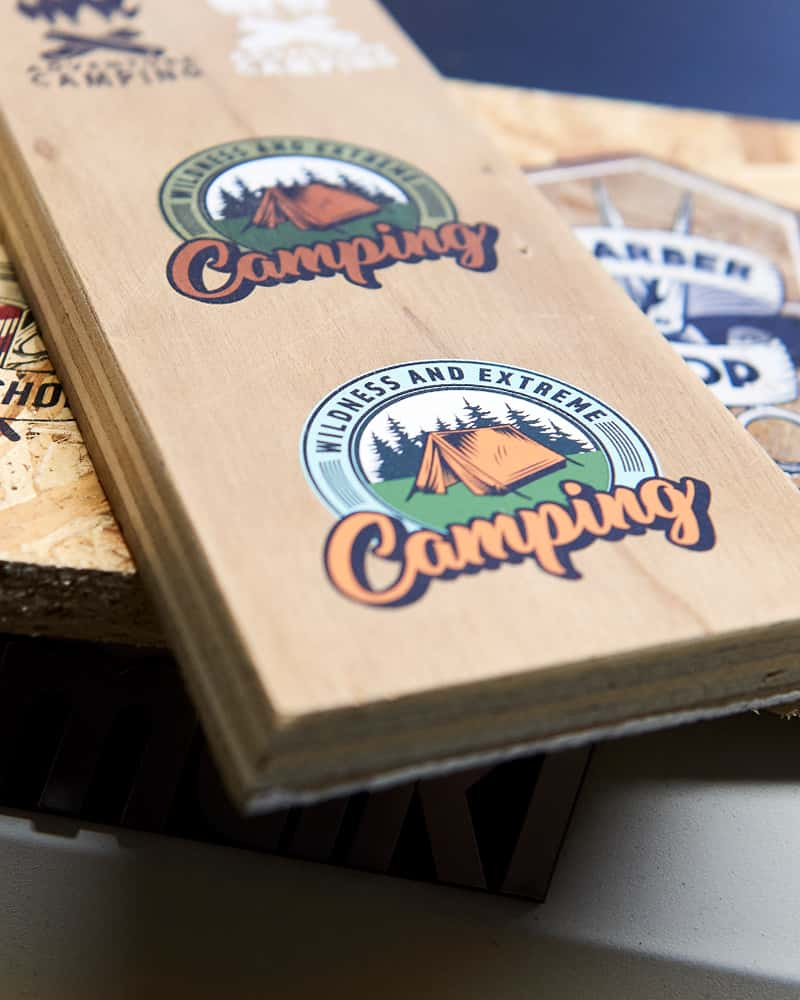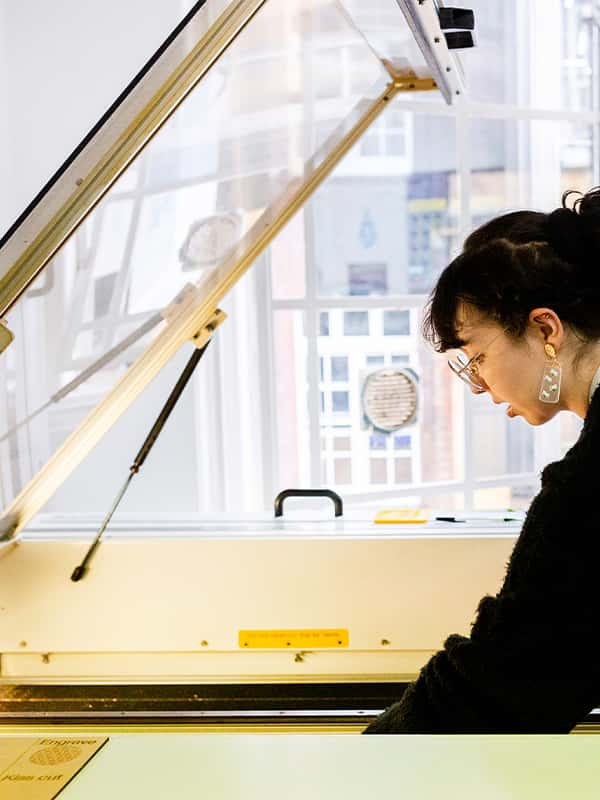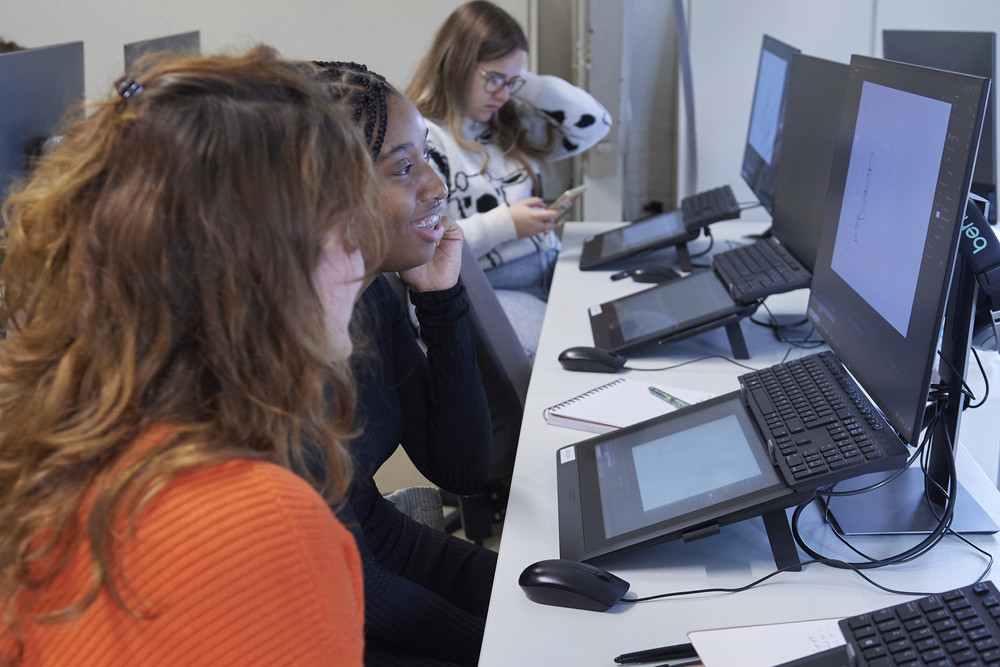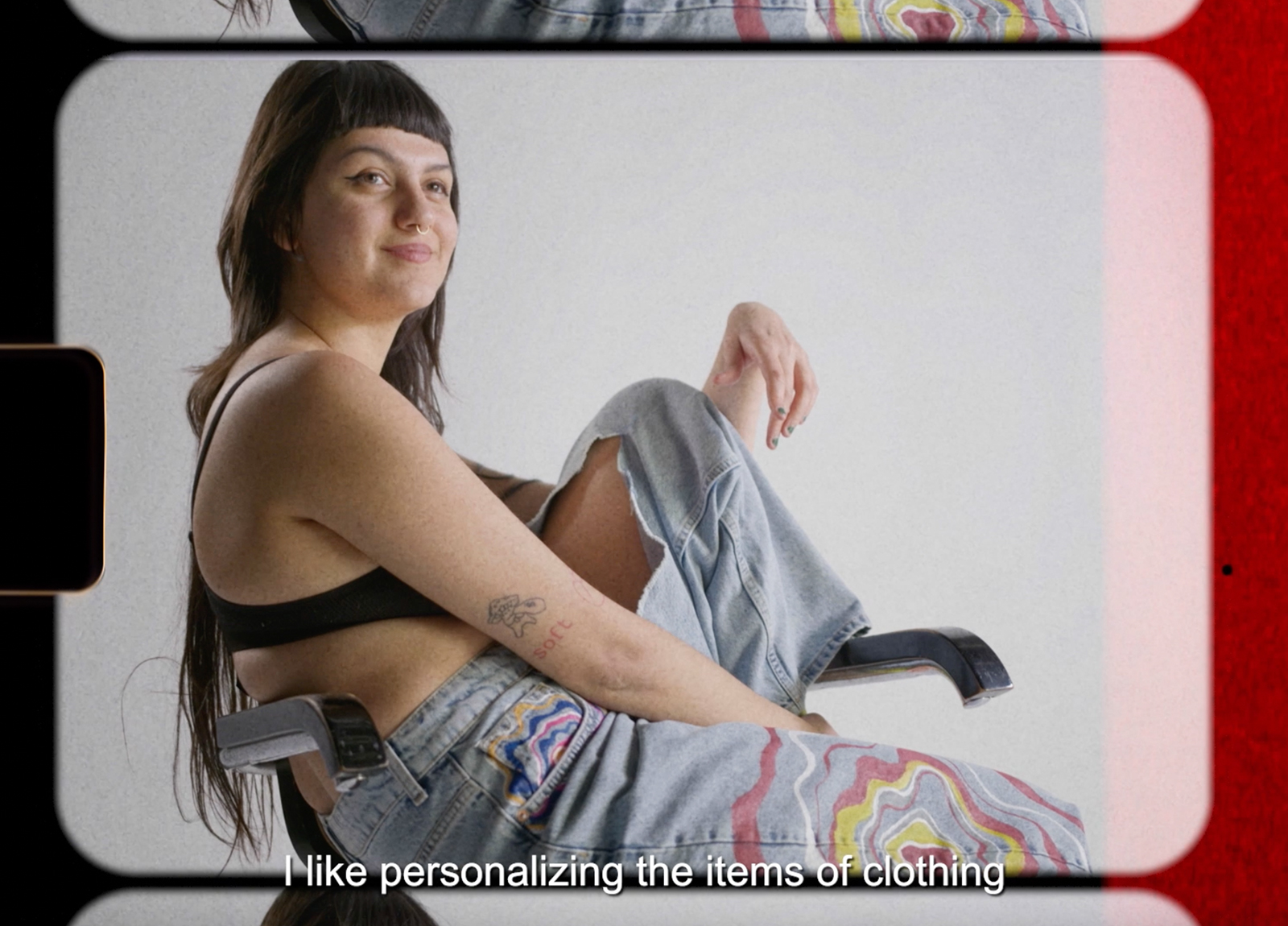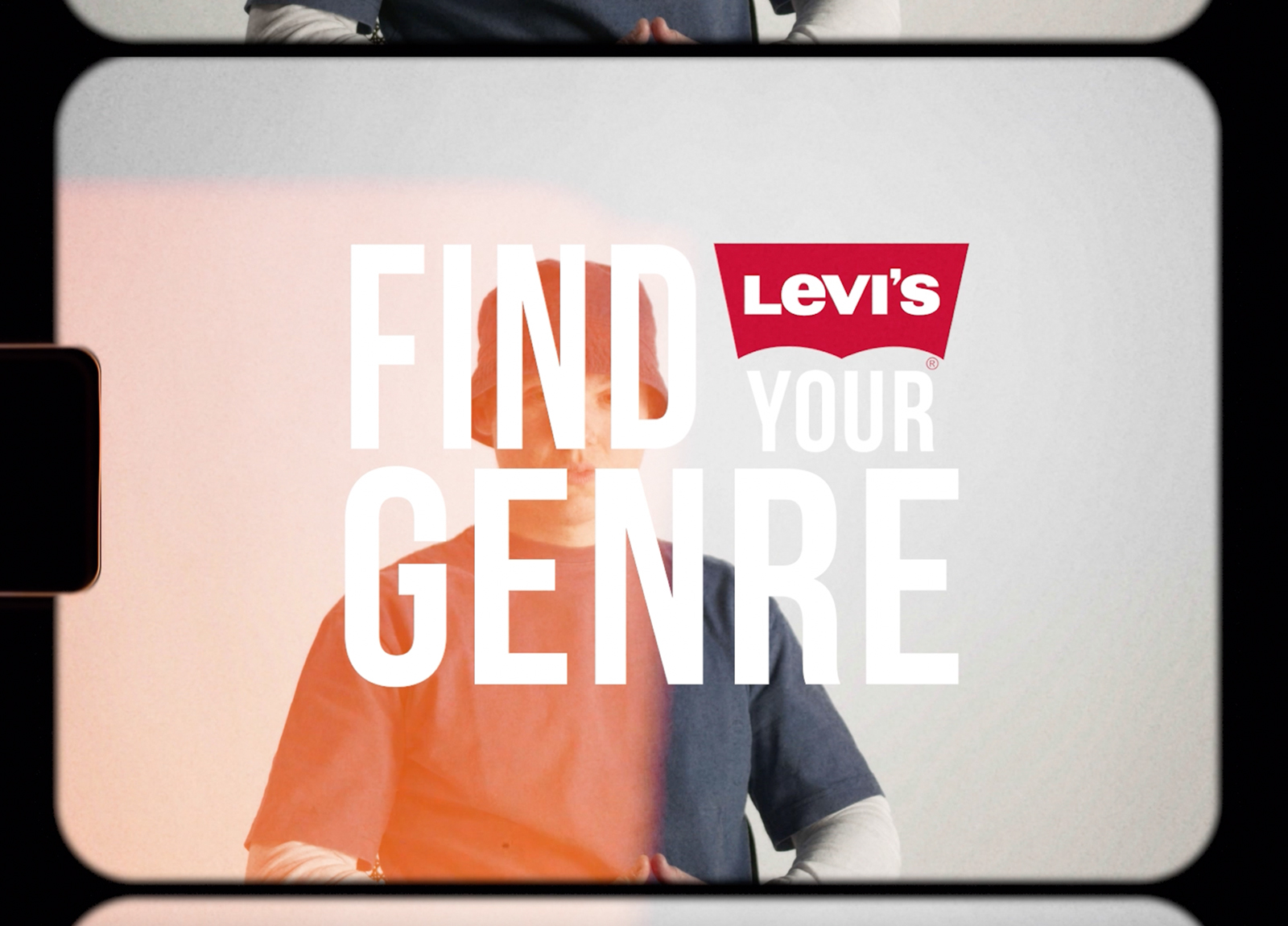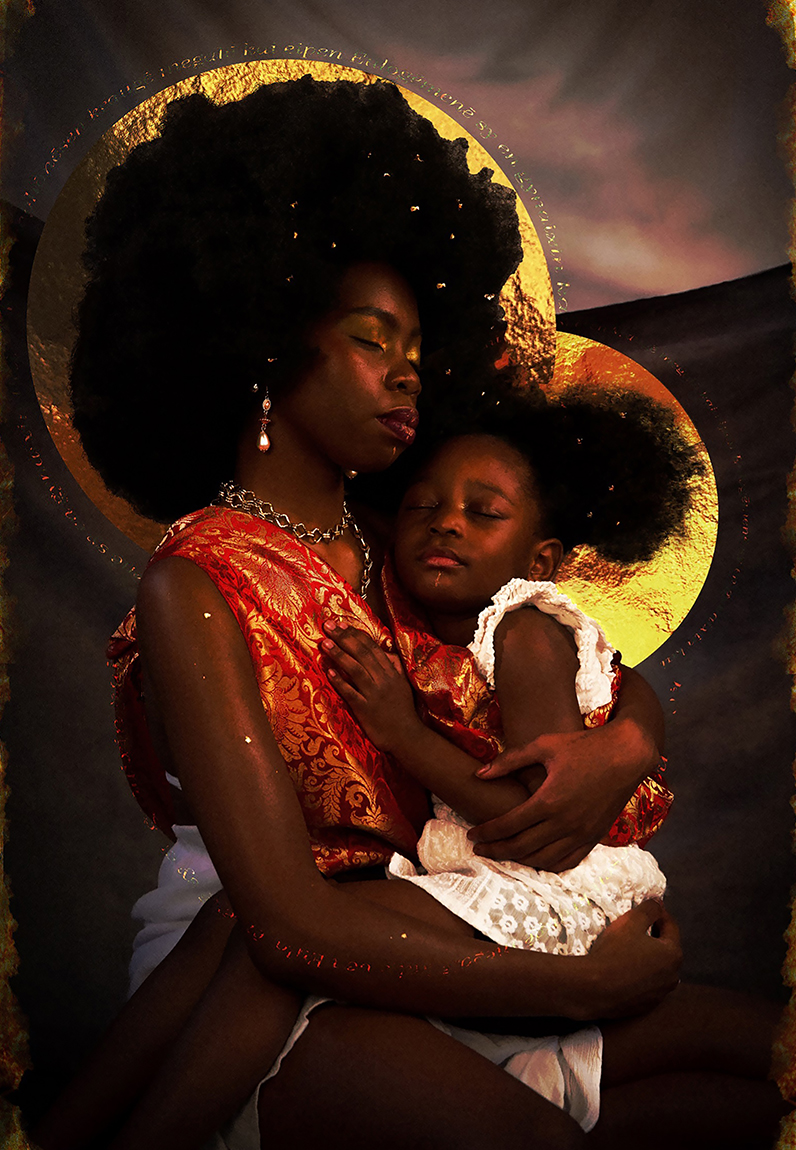


Fashion Communication and Promotion BA (Hons)
Create original content and eye-catching campaigns that mirror the marketing strategies and visual communication skills driving the global fashion industry.
-
Course Duration
3 or 4 Year options
-
Course Options
- Diploma Year
- Intergrated Foundation Year
-
Typical Offer
104-120 UCAS Tariff Points
- How to apply Request a prospectus
-
Annual Fees
- Home (full-time) £9,790
- Overseas (full-time) £18,860
-
UCAS code
- W232 (3 Year), W234 (4 Year)
- Institution code: N39
-
Course Start
September 2026
Our BA (Hons) Fashion Communication and Promotion focuses on nurturing your creativity and confidence in expressing strong ideas using images and graphics. You’ll blend analytical, editorial and marketing skills across a variety of media– such as graphic design, illustration, film, or photography. You’ll create original and imaginative content for promotional campaigns, events, magazines and media across print and digital platforms.
Our course will offer you insight into the technical expertise and creative strategies that successful fashion businesses use to grab attention. As you build your knowledge of fashion marketing, you will develop skills that will make you attractive to employers, including market segmentation, branding and brand development, promotional strategies and competitor analysis.
From eye-catching logos to stunning advertisements, you’ll gain hands-on experience through live projects and follow in the footsteps of graduates who have undertaken internships with brands like Adidas, Vivienne Westwood and Vogue. There will be opportunities to collaborate with students from other Norwich courses, giving you valuable experience of multi-disciplinary working common in agencies and the fashion industry.
Why study with us
-
Share the first-year curriculum with BA (Hons) Fashion Marketing and Business, allowing you to study shared core fashion fundamentals including fashion history, contextual awareness, branding, marketing and effective communication techniques.
-
Engage with many topics, grasp complex concepts, and discover how to use new media and digital technologies for creative innovation in fashion communication and promotion.
-
Explore both traditional and new media across a wide range of creative practices, with the potential to shape the future of the fashion industry and contribute to the emergence of entirely new creative roles.
-
Consider fashion communication from conceptual and commercial perspectives, explore a diversity of products and markets and develop an understanding of the interconnected global nature of the industry.
-
Explore graphic design and digital content creation, experiment with fashion styling, photography, moving image and asset design.
-
Consider the impact of sustainability and develop forward-thinking ideas to affect social change through fashion ventures.
-
Examine the theory and practice of fashion trends and trend forecasting, marketing and branding and explore the world of fashion publications.
Course Details
Integrated Foundation Year (optional)
Integrated Foundation Year
Our Integrated Foundation Year is designed to equip students with the necessary skills, knowledge and confidence to thrive in their chosen degree subject. The course provides a comprehensive introduction to various disciplines, blending critical thinking and creative problem-solving with practical hands-on experience. This year serves as a bridge to undergraduate studies, allowing students to explore their interests within a supportive and inspiring environment, while familiarising themselves with the campus, workshops, and tutors.
Year 1
Core Units
Creative Learning (40 credits)
This unit introduces you to the concepts surrounding fashion trend reporting, image making, industry innovators and culture. You will share a joint first year with our BA (Hons) Fashion Marketing and Business degree allowing you to explore a broader range of fundamental theories and skills. We will show you to how to identify fashion and colour trends, how professional trend agencies operate, how to write trend reports and the social, cultural trends and ethical issues affecting the fashion industry today. You will have the opportunity to explore image making and experiment with fashion shoot production and execution.
40 credits
Explore and Experiment (80 credits)
This unit will introduce key fashion marketing theories and principles, such as strategic branding, competitor analysis, consumer behaviour and the macro fashion environment. Our creative thinking technique workshops will support you on how to create unique branding solutions, creative assets and content. You will have the opportunity to explore the fashion publication landscape, looking at target readers, business costs, and how to develop media and advertising packs. Through workshops you will explore key graphic design techniques, including layout design and font explorations. In addition, you will consider the impact great design and clear communication can have within a professional industry setting. You will be introduced to new areas of practice and will explore opportunities for working within brands, within creative agencies, and as a freelance creative practitioner.
80 credits
Core Projects
Wayfinding Week
The first week of each academic year is called Wayfinding week. It’s an opportunity get your bearings, establish new connections and, after your first year at Norwich, re-establish old ones. Your course team will talk you through the year ahead and explain the expectations for the year. We’ll help you navigate new encounters and identify areas to focus on as you progress through your course.
Make it Manifest(o)
An important element of Wayfinding Week is taking part in our annual ‘Make it Manifest(o)’ project. Your course team will introduce the project in which we’ll ask you to consider your hopes and vision of the year ahead at Norwich and work with students in other year groups to bring your ideas to life. The project culminates in a celebratory display of work across the campus. The project will help you to develop your critical creativity through different approaches, concepts, and mediums. You’ll encounter diverse perspectives and build friendships and networks within our university community.
Interchange Week
Interchange weeks are opportunities to step away from your disciplinary studies and engage in projects, workshops, visits and talks that extend your knowledge and understanding of the world. Whether you learn a new skill or take part in a global challenge project with students from other courses, you will come away with new insights to take back to your course. Interchange is part of the schedule for all Norwich students with sessions held across and beyond the campus led by university staff, visiting lecturers and students.
Year 2
Core Units
Global Contexts (80 credits)
This unit will explore the world of commercial fashion campaigns, advertising and PR through photography, videos, and graphics for branding, ads and magazines. You’ll create a digital portfolio to reflect your development for each project including posters, packaging and promotional materials, and digital assets such as fashion films, websites and GIFS. Lectures explore topics including project management, sustainable practice, and new and emerging technology. You’ll be introduced to the different jobs emerging in the industry and given an opportunity to develop a plan to support your career aspirations, ambitions, and overall employability to make yourself stand out.
80 credits
Collaboration (40 credits)
This unit focuses on collaboration, helping you to develop your strategic thinking, project management, and team working skills to respond to creative client briefs. Experience the fast-paced nature of the fashion industry, working in creative teams to respond to client briefs within a collaborative environment. Explore team roles and dynamics, problem-solving and project management to pitch fresh ideas and innovative solutions. You will begin to investigate your own area of research interest, supported by lectures and workshops exploring research techniques, ethical practice and report writing.
40 credits
Core Projects
Wayfinding Week
The first week of each academic year is called Wayfinding week. It’s an opportunity get your bearings, establish new connections and, after your first year at Norwich, re-establish old ones. Your course team will talk you through the year ahead and explain the expectations for the year. We’ll help you navigate new encounters and identify areas to focus on as you progress through your course.
Make it Manifest(o)
An important element of Wayfinding Week is taking part in our annual ‘Make it Manifest(o)’ project. Your course team will introduce the project in which we’ll ask you to consider your hopes and vision of the year ahead at Norwich and work with students in other year groups to bring your ideas to life. The project culminates in a celebratory display of work across the campus. The project will help you to develop your critical creativity through different approaches, concepts, and mediums. You’ll encounter diverse perspectives and build friendships and networks within our university community.
Interchange Week
Interchange weeks are opportunities to step away from your disciplinary studies and engage in projects, workshops, visits and talks that extend your knowledge and understanding of the world. Whether you learn a new skill or take part in a global challenge project with students from other courses, you will come away with new insights to take back to your course. Interchange is part of the schedule for all Norwich students with sessions held across and beyond the campus led by university staff, visiting lecturers and students.
Diploma Year (optional)
Level 5 Diploma (120 credits)
Students have the opportunity to spend a year after the second of their degree (or the third year if studying for a degree with an Integrated Foundation Year) enhancing their employability options through a Level 5 Diploma. They can choose from courses designed to provide:
- opportunities to gain industry insight, developing employability skills through a series of supported experiences, expanding professional networks and building confidence in the workplace, or
- an introduction to creative computing, building an understanding of how coding skills can be used to advance and complement creative practice.
Final Year
Core Units
Research and Preparation (40 units)
This is the first and shorter of the two units that make up your final year of study. You will continue to build a diverse portfolio of contemporary work that demonstrates your capabilities as a professional fashion communicator through your choice of creative practice routes, including promotional campaigns and brand strategy, image making and styling, publications and trend forecasting. Studio sessions will explore creative ideas generation, finding original sources of inspiration and pushing boundaries. The unit gives you the opportunity to identify, investigate and plan a self-determined, critical research project, culminating in a 5,000-word written report. Our Industry lecture series will explore key talking points, theories and issues affecting the fashion industry today.
40 credits
Resolution and Career Development (80 credits)
Your final unit gives you the opportunity to research, conceptualise and create a self-determined final year project, building on the skills, knowledge and understanding that you have gathered throughout the programme. You will be able to focus on one of the following pathway areas: image making and creative direction, promotional campaigns and branding, publications and digital platforms. Workshops will cover professional pitch, portfolio, and website design. Careers and employability sessions, like My Fashion Future, explore industry platforms, job roles, CVs, cover letters, interviews, and self-promotion so that you are industry-ready once you graduate.
80 credits
Core Projects
Wayfinding Week
The first week of each academic year is called Wayfinding week. It’s an opportunity get your bearings, establish new connections and, after your first year at Norwich, re-establish old ones. Your course team will talk you through the year ahead and explain the expectations for the year. We’ll help you navigate new encounters and identify areas to focus on as you progress through your course.
Make it Manifest(o)
An important element of Wayfinding Week is taking part in our annual ‘Make it Manifest(o)’ project. Your course team will introduce the project in which we’ll ask you to consider your hopes and vision of the year ahead at Norwich and work with students in other year groups to bring your ideas to life. The project culminates in a celebratory display of work across the campus. The project will help you to develop your critical creativity through different approaches, concepts, and mediums. You’ll encounter diverse perspectives and build friendships and networks within our university community.
Interchange Week
Interchange weeks are opportunities to step away from your disciplinary studies and engage in projects, workshops, visits and talks that extend your knowledge and understanding of the world. Whether you learn a new skill or take part in a global challenge project with students from other courses, you will come away with new insights to take back to your course. Interchange is part of the schedule for all Norwich students with sessions held across and beyond the campus led by university staff, visiting lecturers and students.
Download course specifications
Learning and teaching
This course is taught through a mixture of learning and teaching methods including:
-
Group briefings
-
Academic tutorials
-
Group tutorials
-
Workshops
-
Critiques (crits)
-
Seminars
-
Lectures
Assessment
Assessment for this course is entirely coursework-based, meaning there are no exams. Your progress will be evaluated through the projects and assignments you complete for each unit. Throughout the year, you’ll receive ongoing feedback to help you refine your work and develop your skills. To support your learning and ensure you achieve the course outcomes, we use a variety of assessment methods, including:
- Finished pieces of work
- Presentations
- Written work
- Your research
- A reflective journal
Our Facilities
Look around our city-centre campus, and you will find studios, media labs, and creative spaces in 13 buildings that sit among the cafés, bars, independent galleries and shops of Norwich’s cultural quarter.
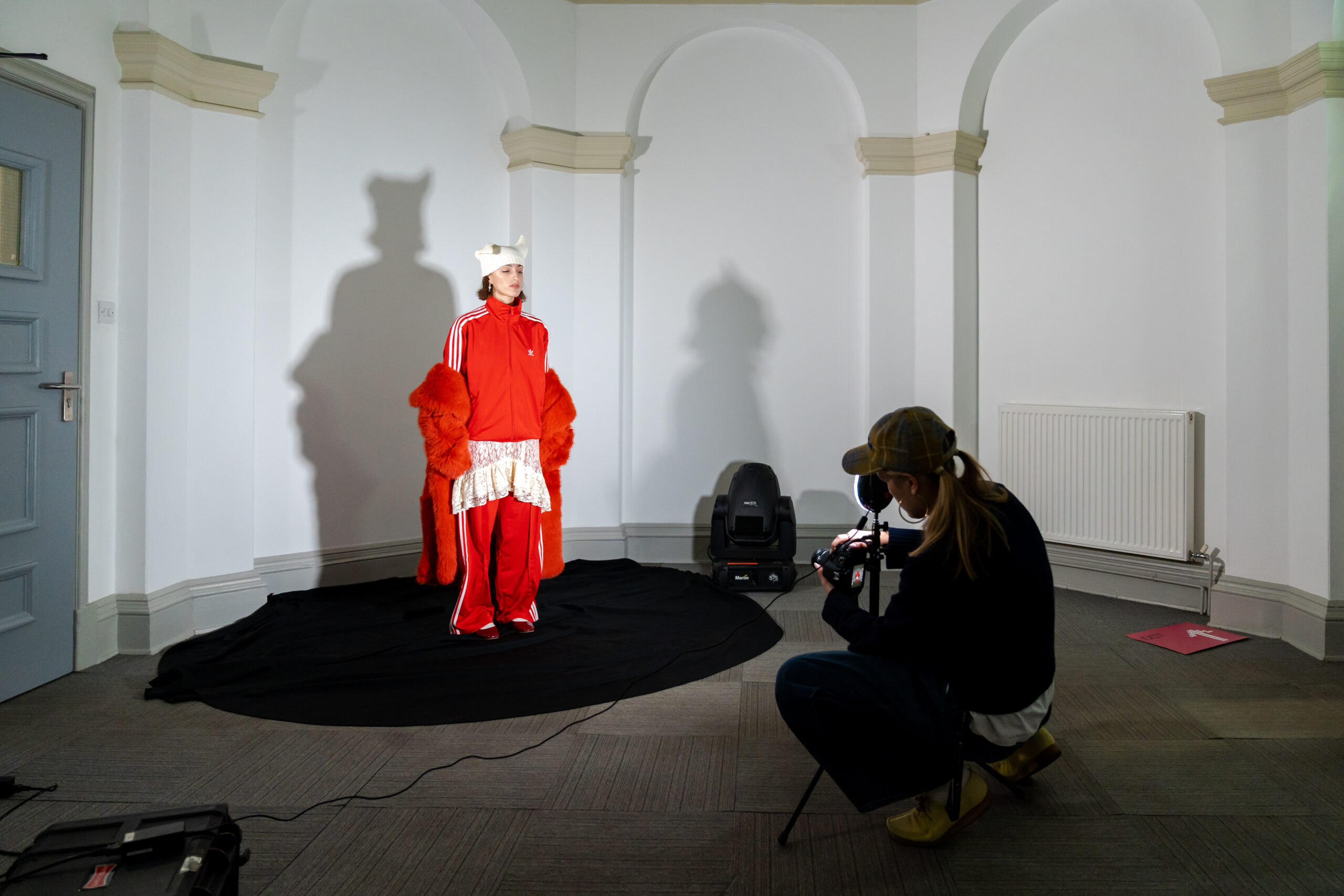
Typical career paths
BA (Hons) Fashion Communication and Promotion encourages work-related learning and work placements. Dedicated employability workshops covering networking, personal brand building, CV and cover letter writing will help you to find appropriate opportunities within the industry.
Graduates have gone on to secure employment at high-calibre fashion brands/organisations such as Archant, Selfridges, Net A Porter, Saatchi & Saatchi, Jimmy Choo, Hunter and Wonderland.
- Fashion stylist
- Style scout
- Trend forecaster
- Visual merchandiser
- Fashion marketer
- Brand strategist
- Social media strategist
- Creative/Art director
- Promotion and PR
- PR and event manager
- Fashion writer
- Fashion editor
- Fashion blogger
- Fashion vlogger
- Fashion illustrator
“92% of our graduates are in employment or further education within six months of graduating”
Graduate Outcomes 2021
Entry requirements
Home
Norwich University of the Arts welcomes applicants of all ages from all backgrounds.
If the qualification that you are studying is not shown, do not worry as we are able to accept other pre-entry qualifications as well as combinations of different qualifications.
Please do contact our Student Recruitment Team if you have any queries.
A/AS Levels (GCE)
GCE A/AS Levels 3 A-level qualifications at grades BCC (104 UCAS Tariff points) or above. Where candidates are not taking 3 A-levels, Norwich University of the Arts will consider combinations of A-level/AS-level and other Level 3 qualifications.
BTEC Extended Diploma (QCF or RQF)
Distinction, Merit, Merit in an art, design or media related subject
BTEC Diploma (QCF or RQF)
Distinction*, Distinction* in an art, design or media related subject
T Levels
A T Level in any subject with overall grade A* to C (Pass)
UAL Extended Diploma
Merit
UAL Level 3 Foundation Diploma in Art and Design
Pass
UAL Level 4 Foundation Diploma in Art and Design
Pass
Foundation Diploma in Art and Design
Pass
Access to Higher Education Diploma (Art and Design)
Pass
International Baccalaureate Diploma
A minimum of 26 points
Integrated foundation year (optional)
Norwich University of the Arts welcomes applicants of all ages from all backgrounds.
If the qualification that you are studying is not shown, do not worry as we are able to accept other pre-entry qualifications as well as combinations of different qualifications.
Please do contact our Student Recruitment Team if you have any queries.
A/AS Levels (GCE)
GCE A/AS Levels 2 A-level qualifications at grades CC (64 UCAS Tariff points) or above.
BTEC Extended Diploma (QCF or RQF)
Merit, Merit, Pass in an art, design or media related subject
BTEC Diploma (QCF or RQF)
Distinction*, Merit in an art, design or media related subject
T Levels
Pass (D or E on the core)
UAL Extended Diploma
Pass
UAL Level 3 Foundation Diploma in Art and Design
Pass
UAL Level 4 Foundation Diploma in Art and Design
Pass
Foundation Diploma in Art and Design
Pass
International Baccalaureate Diploma
A minimum of 26 points
Overseas
We accept qualifications from all over the world.
To find our entry requirements from a specific country, please check our dedicated international pages.
English language qualifications
Most international students are required to hold an English language qualification. Applicants are required to have a minimum UKVI approved IELTS exam score of 6.0 overall, with a minimum of 5.5 in each section. Equivalent English language qualifications are acceptable such as, IB English language syllabus A or B/English Literature (Grade 4).
We also accept some alternative English qualifications. Learn more about our English entry requirements.
You can email us on international@norwichuni.ac.uk if you’d like to discuss your application individually.
Fees and funding
Home
Tuition fees for the 2026/27 academic year
- BA course (three year): £9,790 per year
- Integrated Foundation Year (optional): £9,790 per year
- Level 5 Diploma Year (optional): £9,790 year
The level of fee that you will be asked to pay depends on whether you’re classed as a UK (home) or international student. Check your fee status.
Fees for subsequent years
Tuition fees may increase in subsequent years in line with inflation, subject to government regulations. The inflation rate used is expected to be the Retail Price Index excluding mortgage payments (RPIX). We would confirm this in advance to you of each academic year.
Find our more about fees and funding
Funding your study
Depending on your circumstances, you may qualify for a bursary, scholarship or loan to help fund your study and enhance your learning experience.
International
Tuition fees for the 2026/27 academic year
- BA course (three year): £18,860
- Integrated Foundation Year (optional): £18,860
- level 5 Diploma year (optional): £18,860
The level of fee that you will be asked to pay depends on whether you’re classed as a UK (home) or international student. Check your fee status.
Fees for subsequent years
For Overseas students starting in 2026 inflation will be applied to your fees in later years. We will confirm this in advance to you of each academic year, and we will limit the increase to no more than the Office for Students’ recommended inflationary measure.
Find our more about fees and funding
Funding your study
Please take a look at our International students page for information about fees, scholarships for international students, visas and much more.
Additional costs
Your course fees cover the cost of studies, and include loads of benefits, such as the use of our library, support from our expert employability team, access to workshops and free use of the IT equipment across our campuses. There are also other costs which you may need to consider.
How to apply
Home
All applications for undergraduate courses will need to be made via the Universities and Colleges Admissions Service (UCAS).
You’ll need our university UCAS code (N39) as well as your course code which you’ll find on your course page.
When you register with UCAS you will need include your previous and current qualifications information, personal statement, and reference.
Once we receive your application form through UCAS, we will email confirmation that we have received it and will give you access and instructions for logging into the applicant portal. Our decision will be communicated via UCAS.
Applying for an undergraduate degreeInternational
Full-time Undergraduate International applicants can either apply via UCAS or directly by completing the online application form below or emailing the downloadable form to ioadmissions@norwichuni.ac.uk
Online Application Form (opens in a new window)For further support for international applicants applying for an undergraduate degree view our international pages.
-
Ellisha Mason
Fashion Communication and Promotion BA (Hons)
Rebekah Powers
Fashion Communication and Promotion BA (Hons)
Noreen Honest
Fashion Communication and Promotion BA (Hons)
Ciara Roche
Fashion Communication and Promotion BA (Hons)

Latest news
-
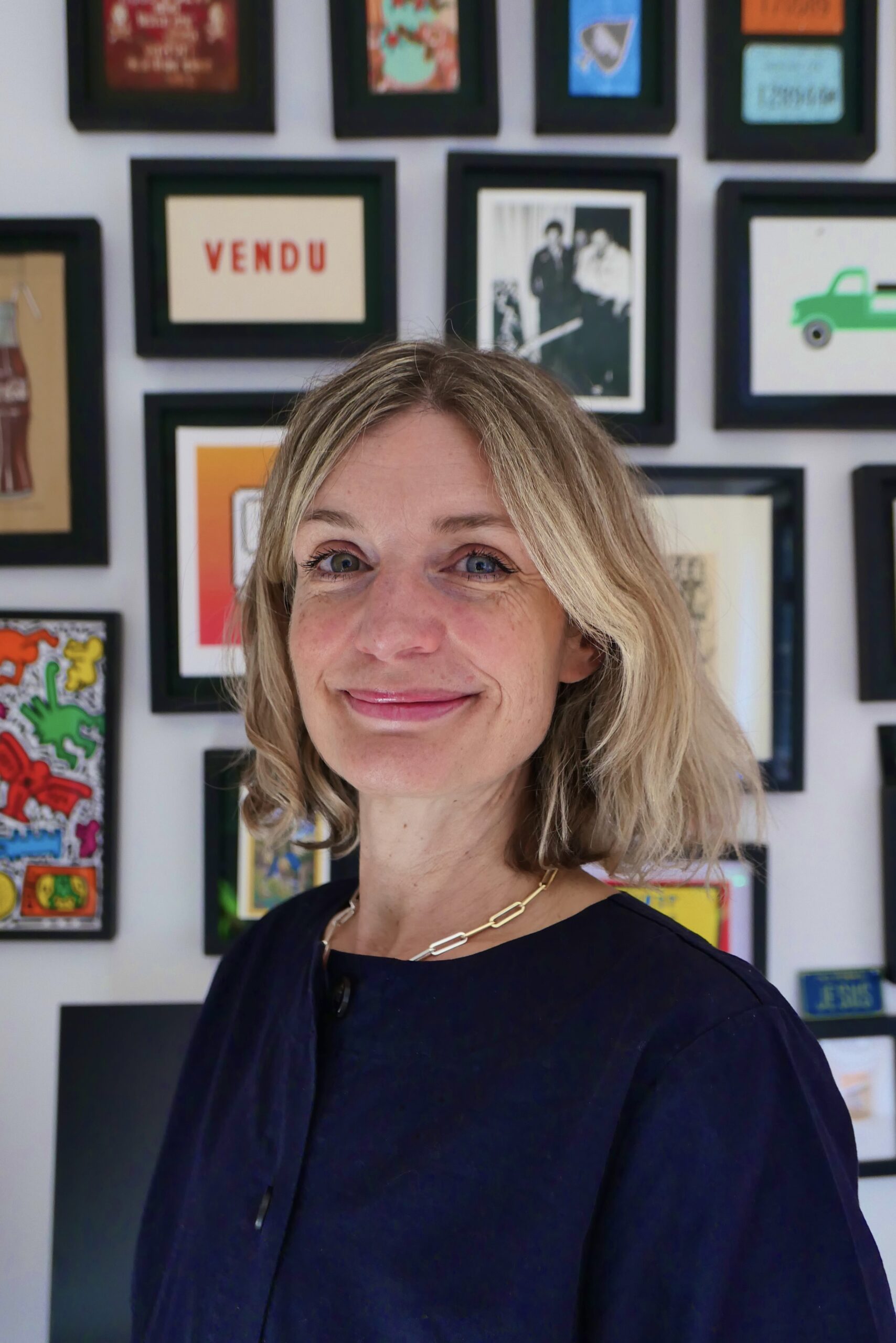 Institution •
Institution •Norwich appoints new Deputy Vice-Chancellor
Norwich University of the Arts is pleased to announce the appointment of Rebecca Wright as its new Deputy Vice-Chancellor. -
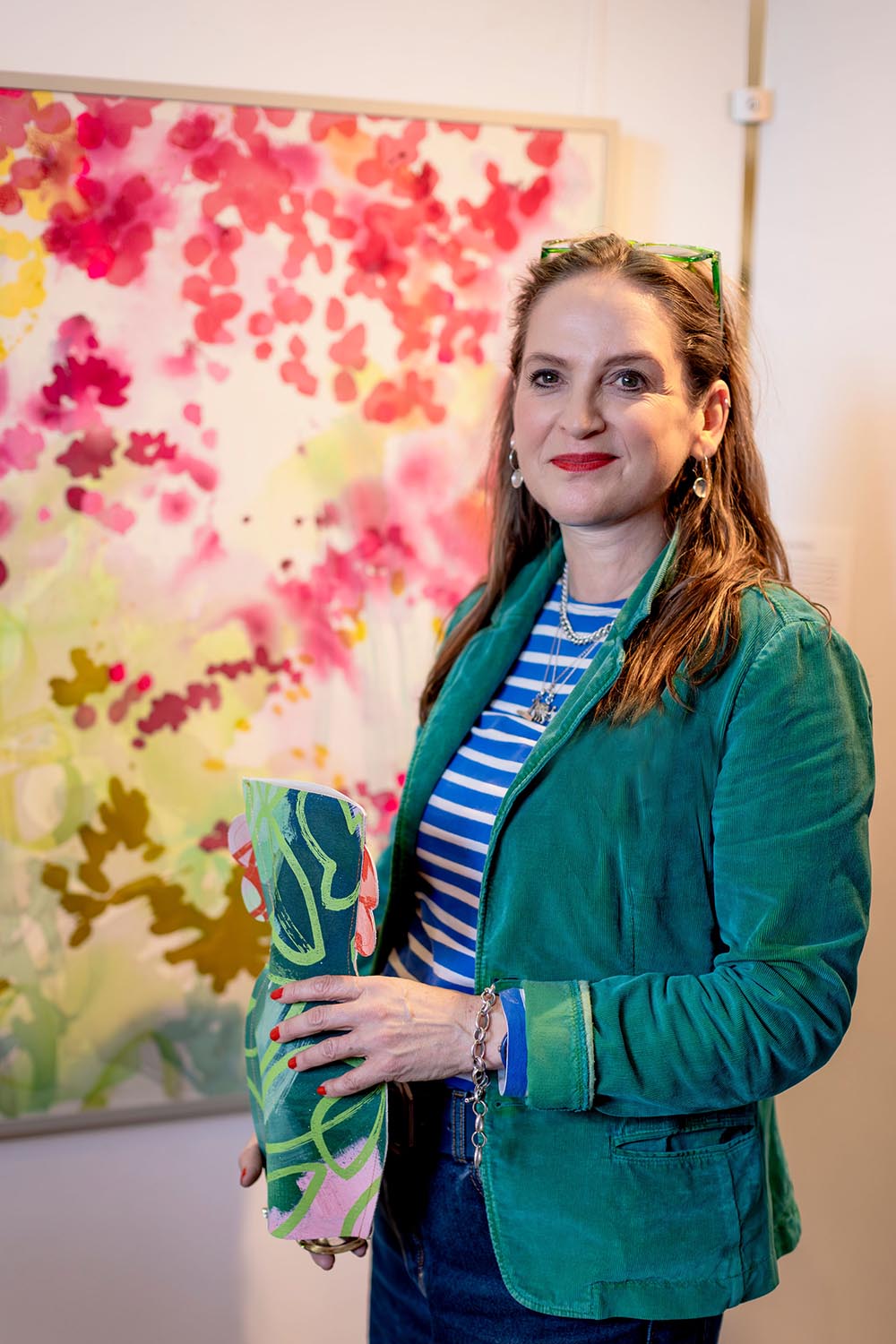 BA Textile Design •
BA Textile Design •In conversation with: Lucy Perry, MA Textile Design
Lucy shares her experience of creating a 360° digital installation, in a collaborative exploration of nature and technology. -
 Institution •
Institution •Norwich University of the Arts earns prestigious 5-star QS Star Excellence rating fo Teaching
Norwich University of the Arts has been awarded an overall four-star rating in the prestigious QS Stars University Ratings, marking a significant milestone in the University’s first-ever submission to the internationally recognised assessment framework. -
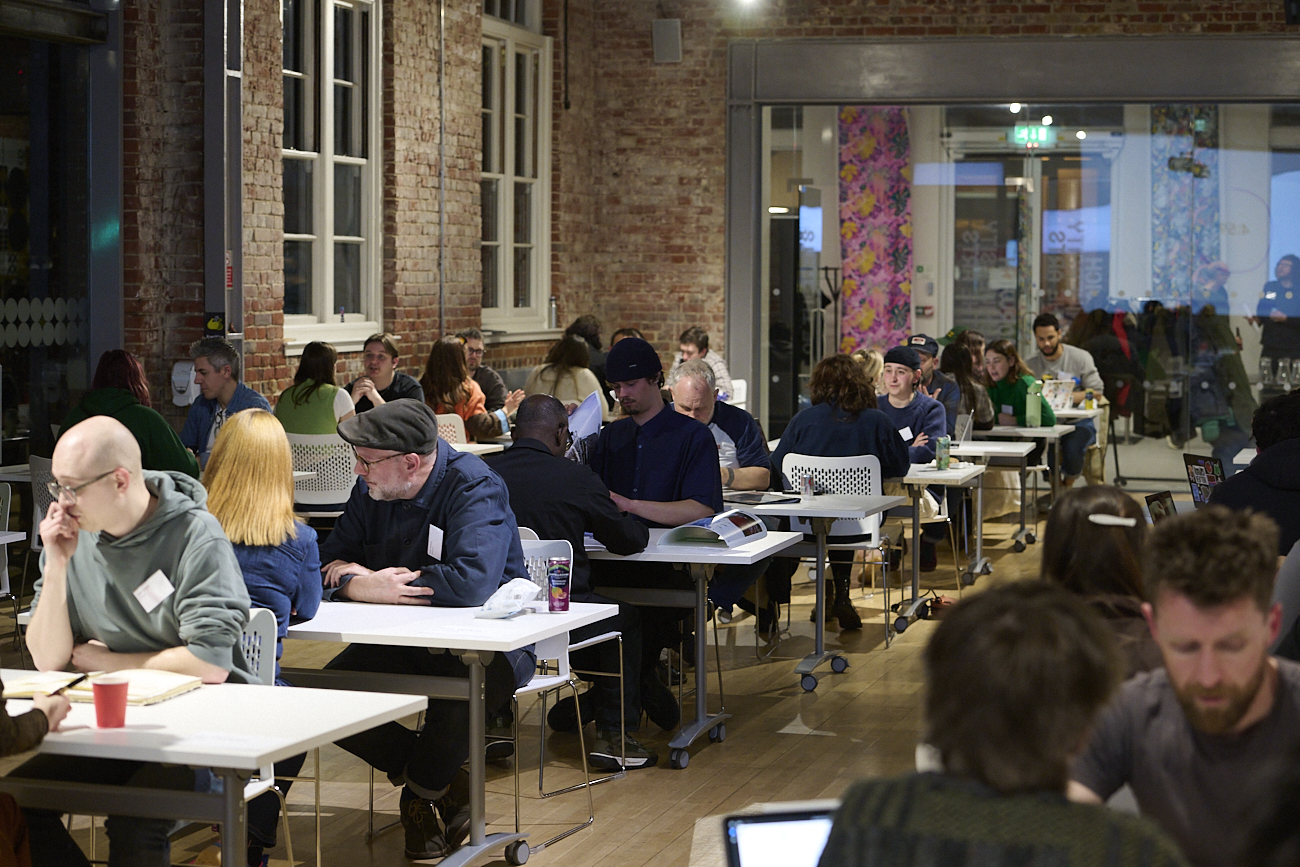 Employability •
Employability •Norwich University of the Arts celebrates 10 years of the Big Book Crit
Hundreds of Norwich students have shared their work with leading creative professionals over the last decade. -
 East Gallery •
East Gallery •Announcing the East Gallery Fellows 2025-2026
Norwich University of the Arts is pleased to announce the selected awardees of this year's East Gallery Fellowship. -
 BA Business Management •
BA Business Management •Dean of Creative Education Awarded Prestigious Principal Fellowship from Advance HE
The University is delighted to announce that Hilary Carlisle, Dean of Creative Education and Professor of Design, has been awarded Principal Fellowship of the Higher Education Academy (PFHEA) by Advance HE -
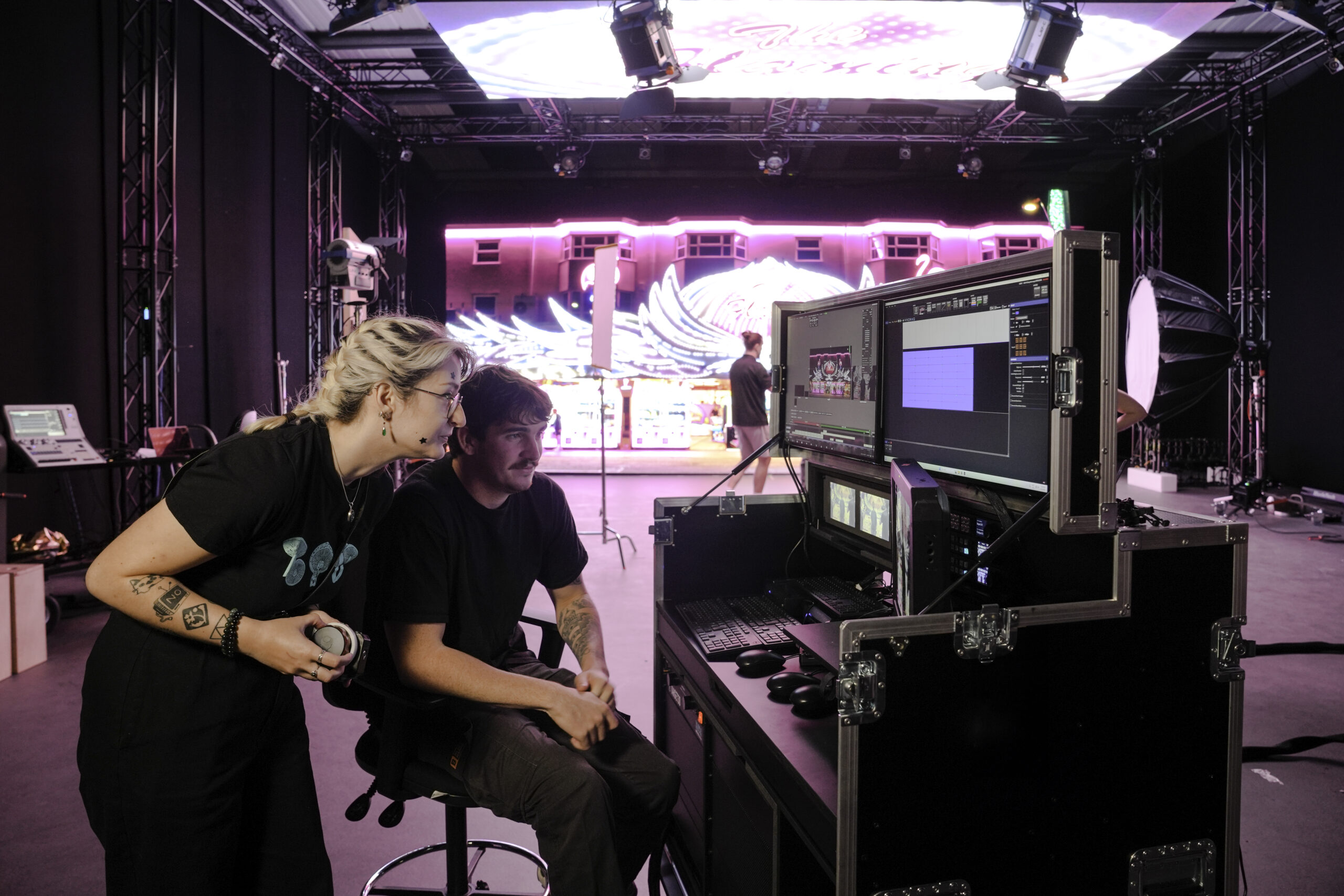 BA Degree •
BA Degree •Norwich University of the Arts to Host ELIA Academy 2027
Norwich University of the Arts is delighted to announce that it has been selected as the host institution for the ELIA Academy 2027. -
 BA Business Management •
BA Business Management •In conversation with Norwich’s newest lecturers in Marketing and Business Management
We joined Norwich's newest lecturers, Stephen Balmer-Walters and Laurie McAllister, to find out more about the University's Marketing and Business Management courses. -
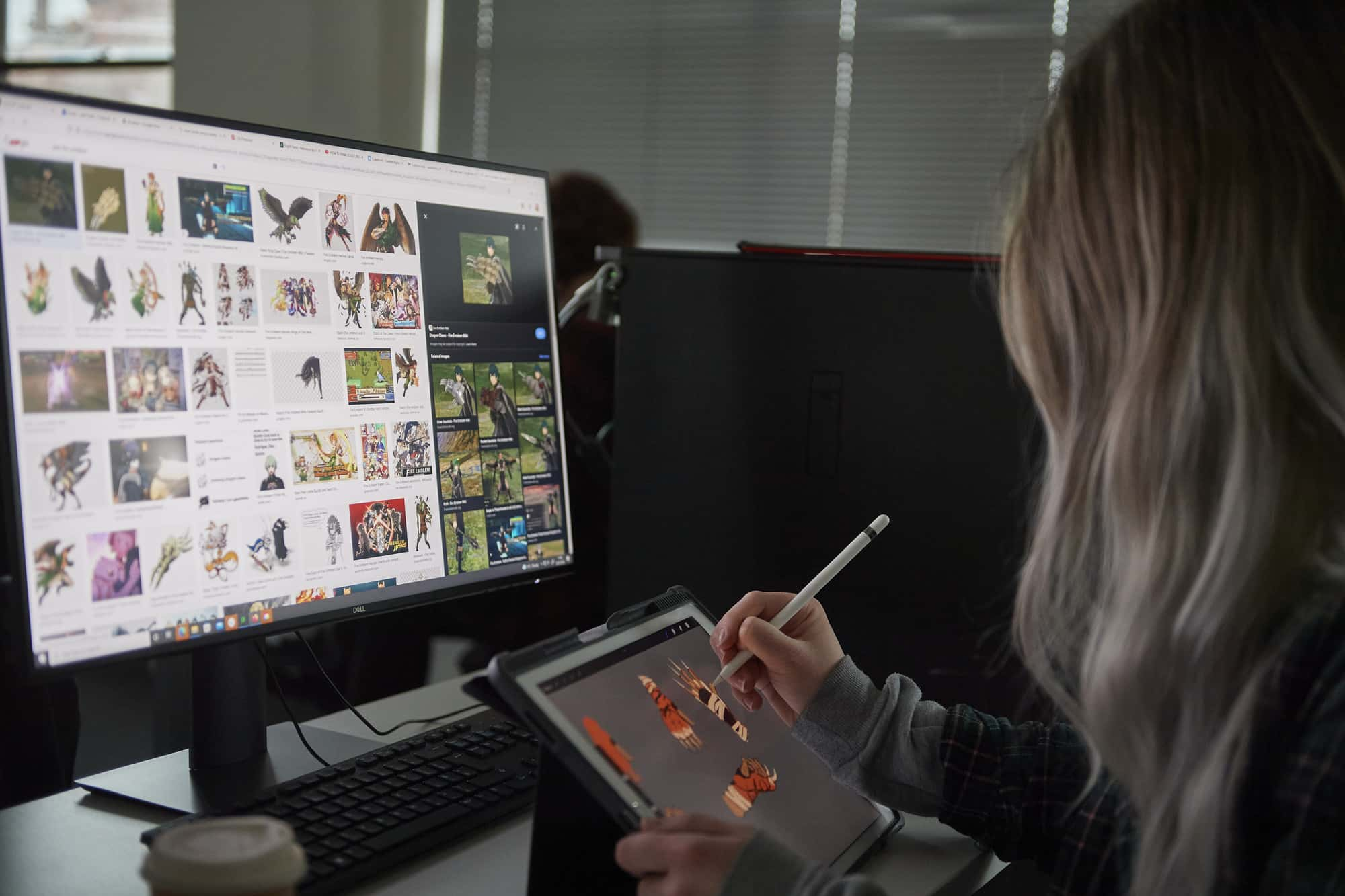 BA Games Art and Design •
BA Games Art and Design •East of England set to become UK’s next Games Cluster, says landmark report
A major new report is calling for the creation of a Games Cluster for the East of England — positioning the region as a national leader in creative technology and immersive media. -
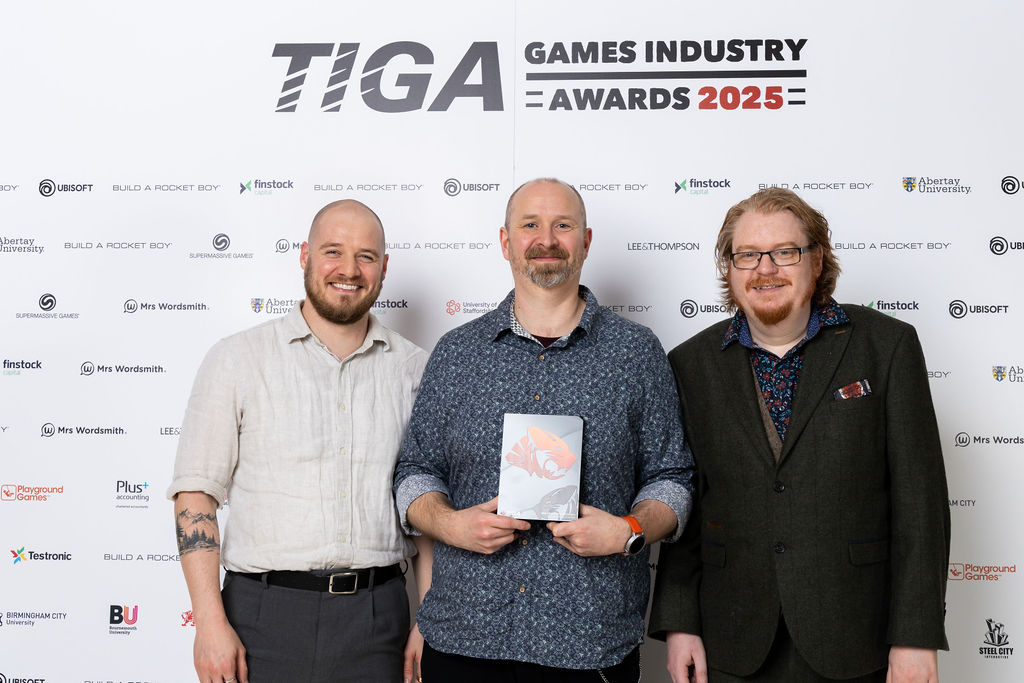 BA Games Art and Design •
BA Games Art and Design •Norwich awarded Best Education Initiative at the TIGA UK Games Industry Awards
TIGA, who represent the UK video games industry, have recognised the University’s commitment to graduate success and industry-focused learning in their 2025 awards. -
 BA Animation •
BA Animation •Cutting edge Sony Virtual Production Studio puts Norwich on the map for the future of film and gaming
Norwich University of the Arts and Sony open new landmark facility for students, creators and the community. -
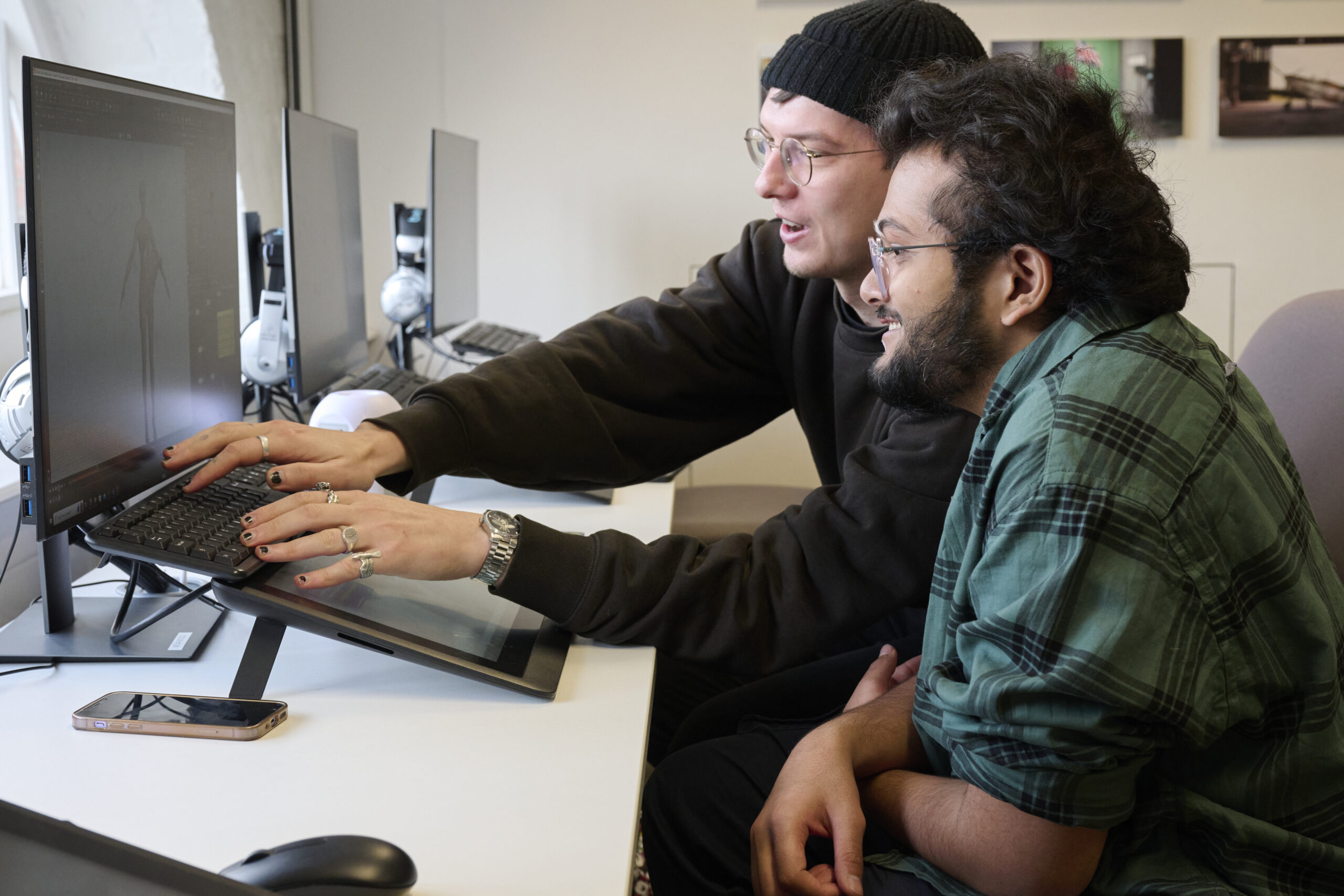 BA Animation •
BA Animation •Norwich named top UK university for production excellence in visual effects
The University has been placed in three categories in the 2025 Rookies Global School Rankings, including the top five for Production Excellence – Visual Effects. -
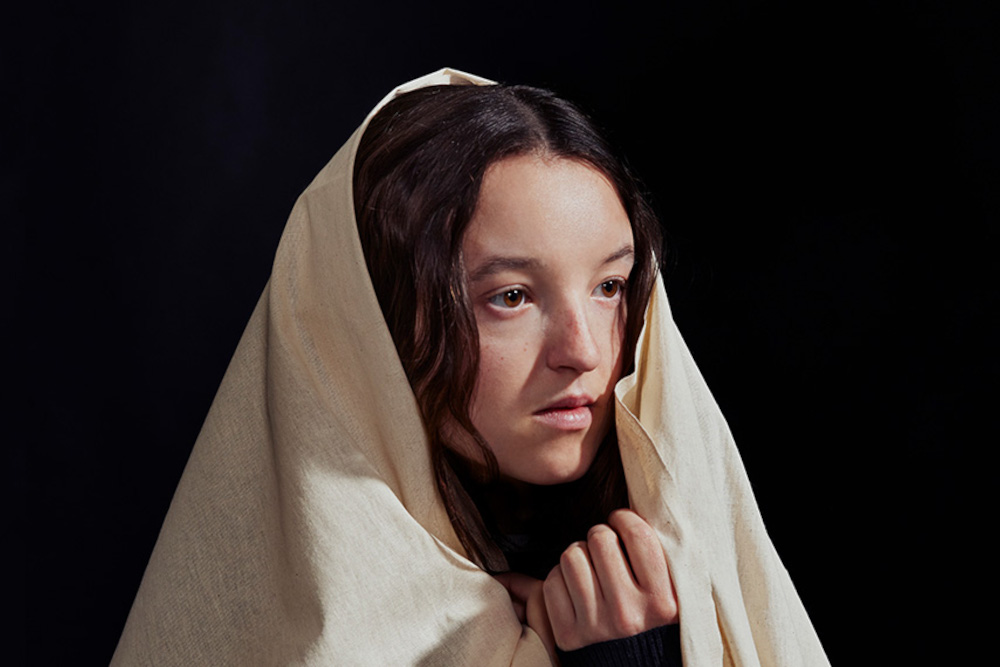 BA Photography •
BA Photography •Entries open for Norwich's 2026 Beyond the Frame photography competition
Entries are now open for our annual photography competition, open to students aged 11 to 19 around the world. -
 BSc Degree •
BSc Degree •Norwich University welcomes new academics to its Psychology and Computer Science courses
Lyndsey Wallace joins the University as Senior Lecturer for BSc (Hons) Psychology, with Jawwad Chattha joining as Course Leader for BSc (Hons) Computer Science. -
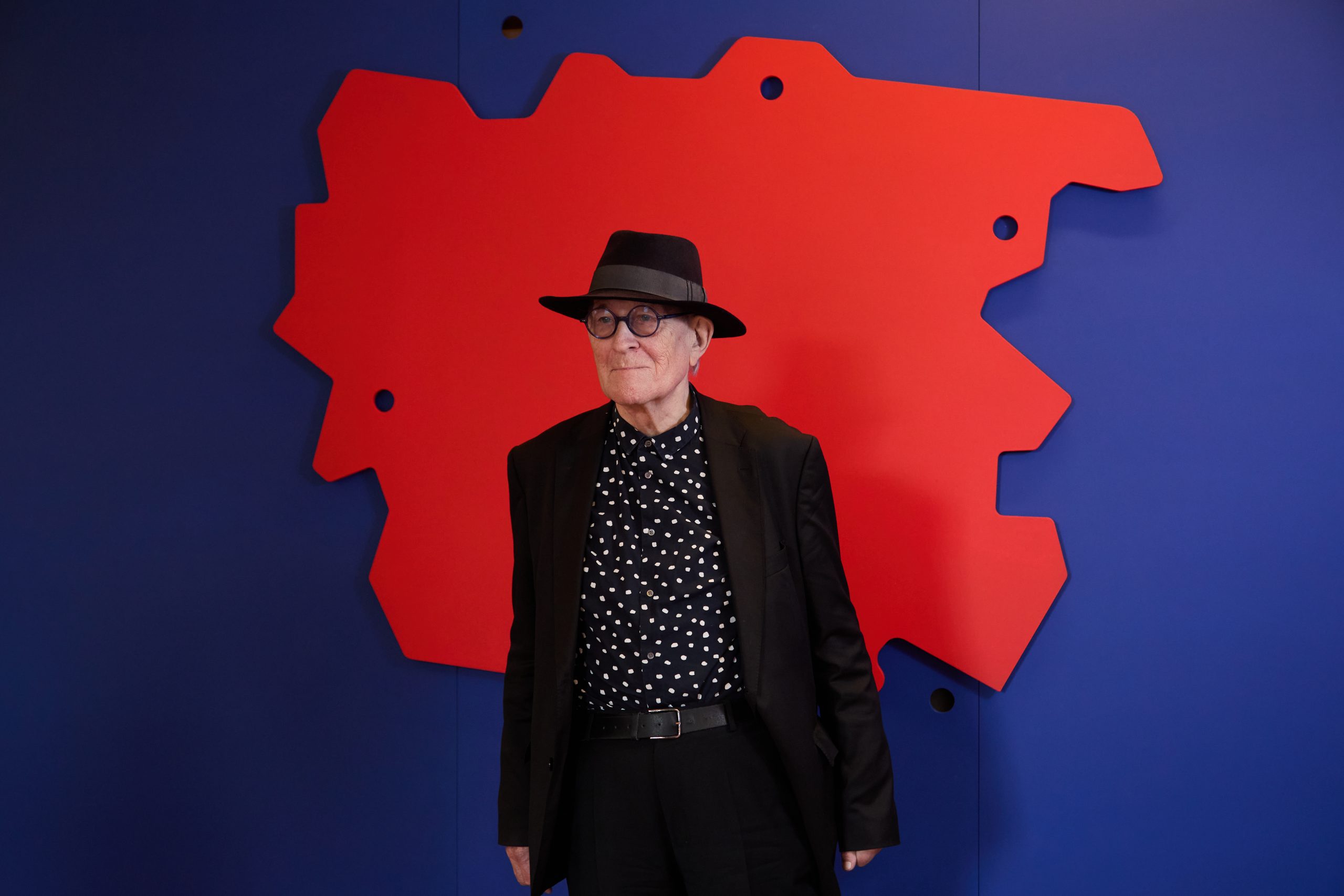 BA Architecture •
BA Architecture •Norwich University of the Arts presents the Peter Cook: Wonder Hub
Norwich University has launched the Peter Cook: Wonder Hub, a vibrant and interactive space for thinking, making, showcasing and debating the creative arts. -
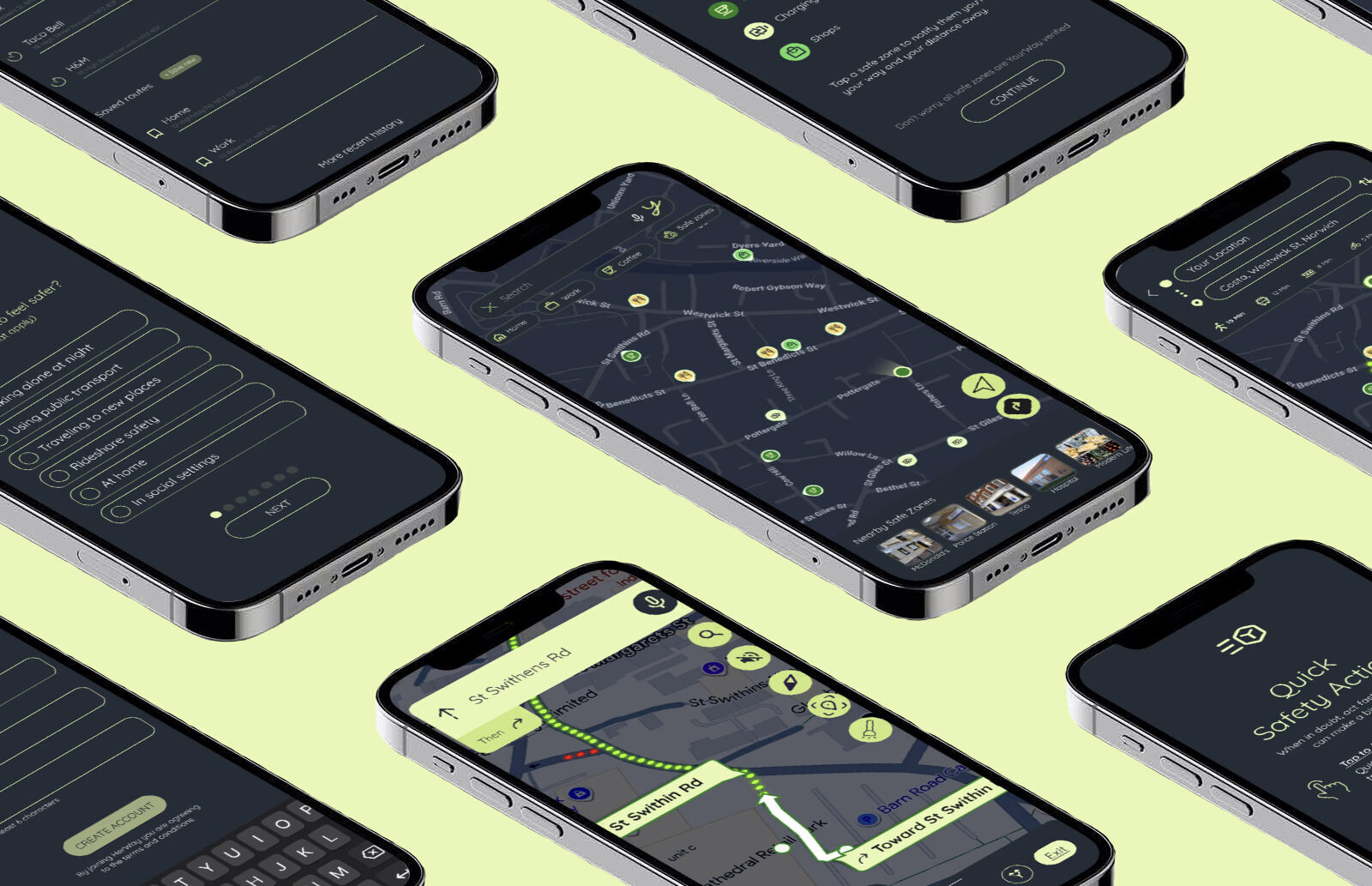 BA Graphic Communication •
BA Graphic Communication •Norwich students celebrate success at 2025 Creative Conscience Awards
Students from Norwich University of the Arts have been recognised across categories in this year’s awards, which showcase work focusing on social or environmental impact
Related courses
Discover our courses and take the first step towards unleashing your potential
- Showing 1-4 of 5 results
-
Visit the Fashion BA (Hons) course page
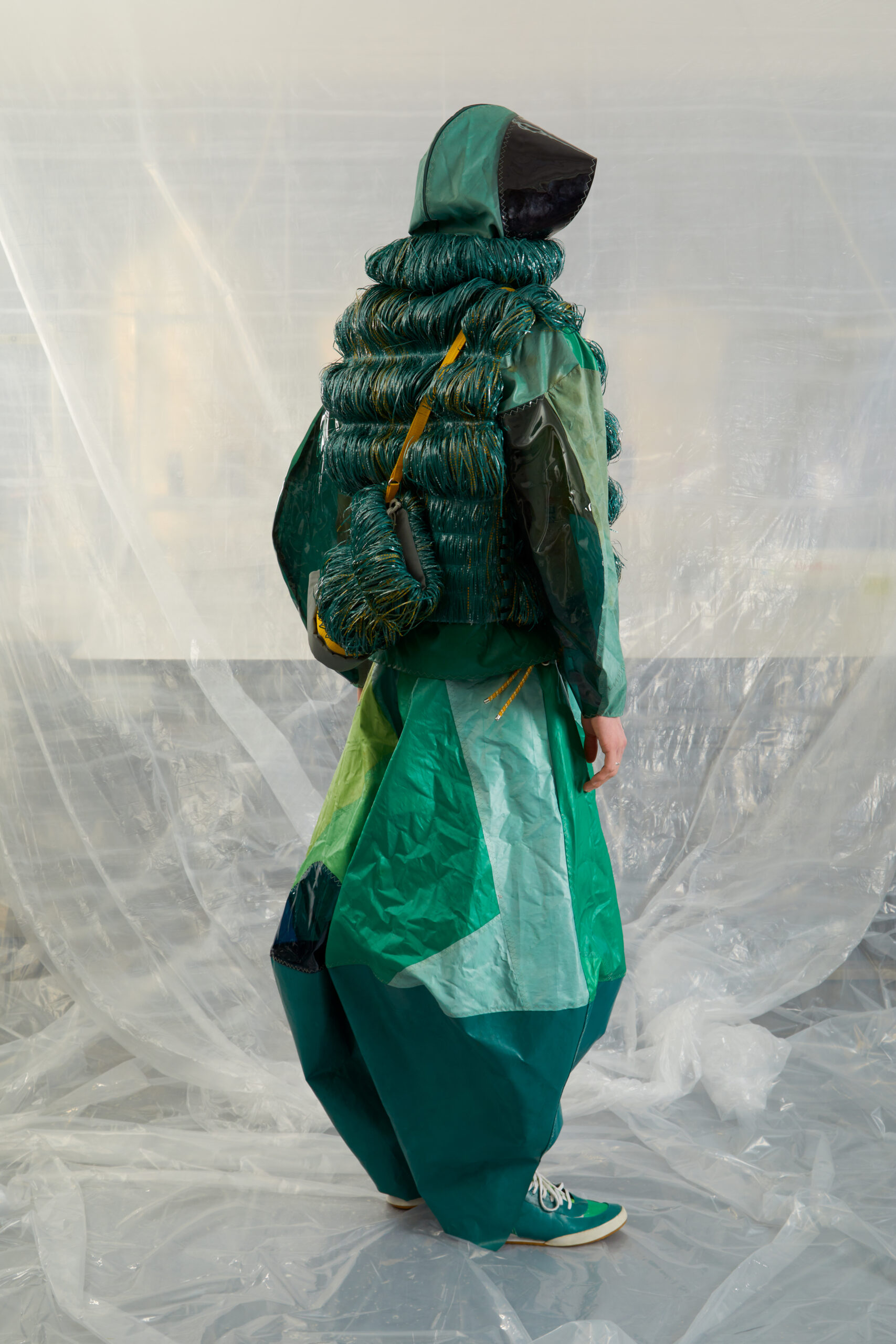
- Filter courses by study level: Undergraduate
- Filter courses by duration: Full time
- Filter courses by start month: September
- Filter courses by subject: Fashion
Fashion BA (Hons)
Let your creativity take flight as you learn the essential creative design and practical skills of the global fashion industry.
-
Visit the Fashion Marketing and Business BA (Hons) course page
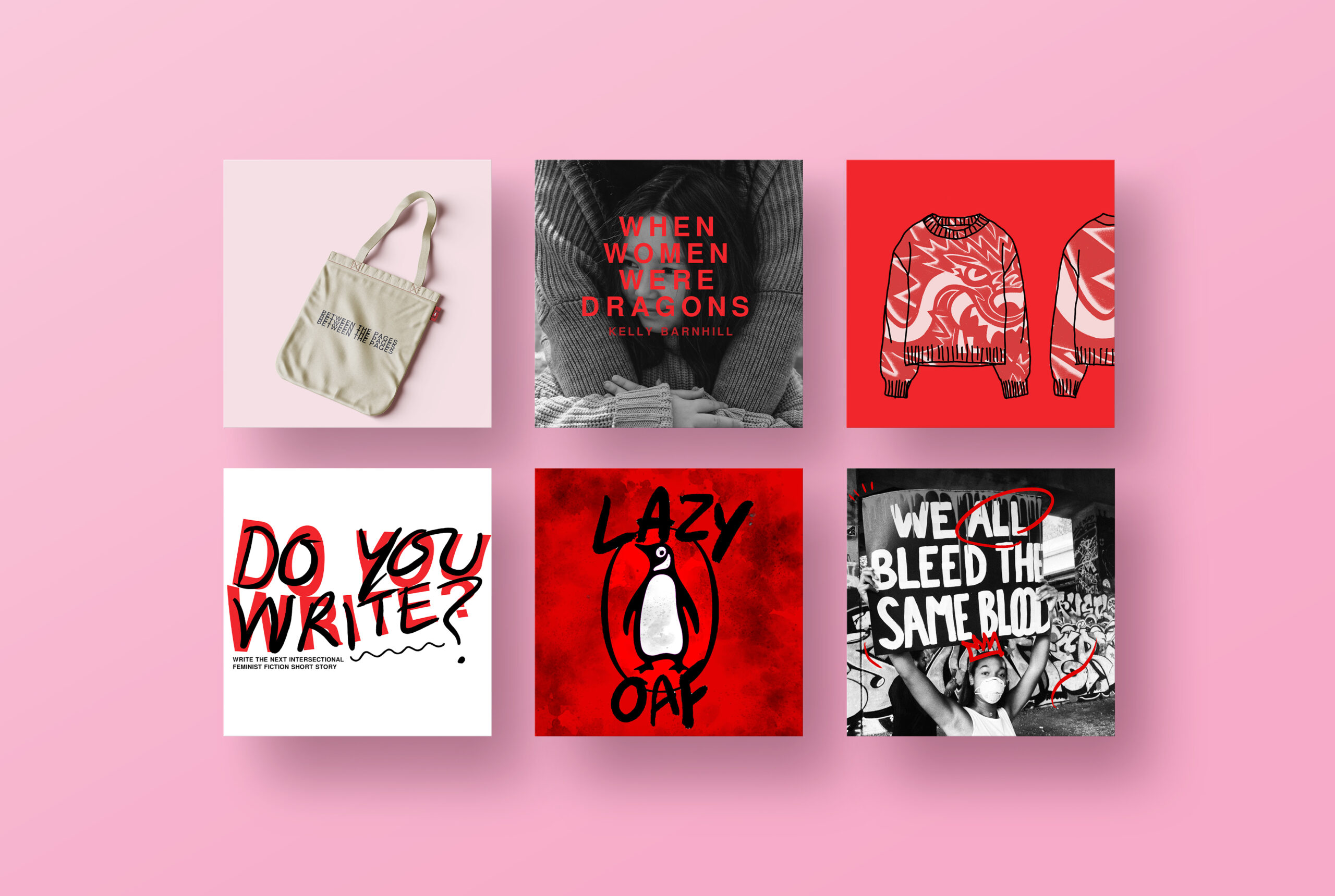
- Filter courses by study level: Undergraduate
- Filter courses by duration: Full time
- Filter courses by start month: September
- Filter courses by subject: Fashion Marketing and Business
Fashion Marketing and Business BA (Hons)
Unite your love for fashion innovation and business strategy as you delve into the marketing mechanisms of the global fashion industry.
-
Visit the Graphic Communication BA (Hons) course page
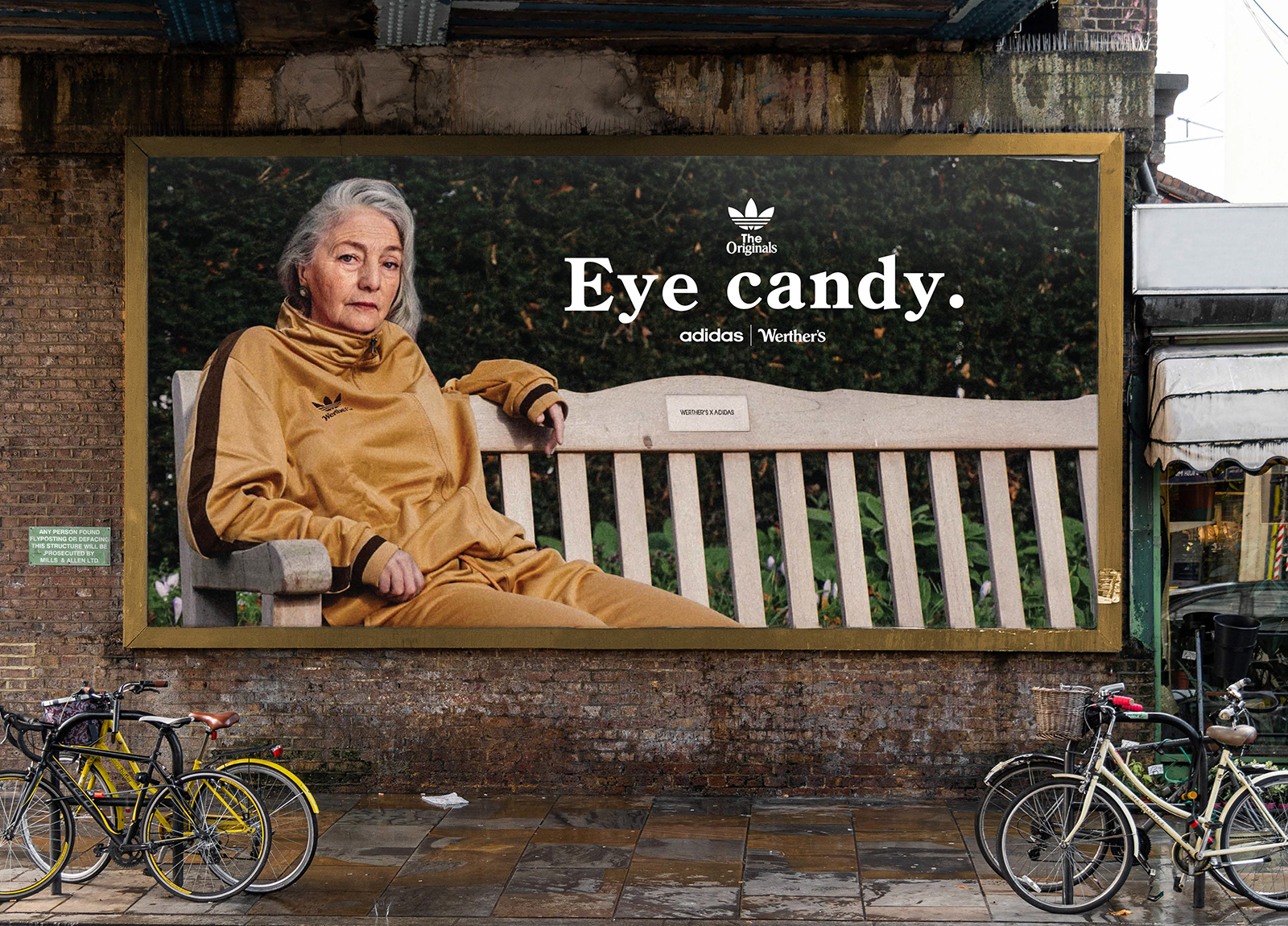
- Filter courses by study level: Undergraduate
- Filter courses by duration: Full time
- Filter courses by start month: September
- Filter courses by subject: Graphic Communication
Graphic Communication BA (Hons)
Ignite your passion for exploring visual ideas and brand communication from real-world problems to commercial briefs, across print and digital.
-
Visit the Graphic Design BA (Hons) course page
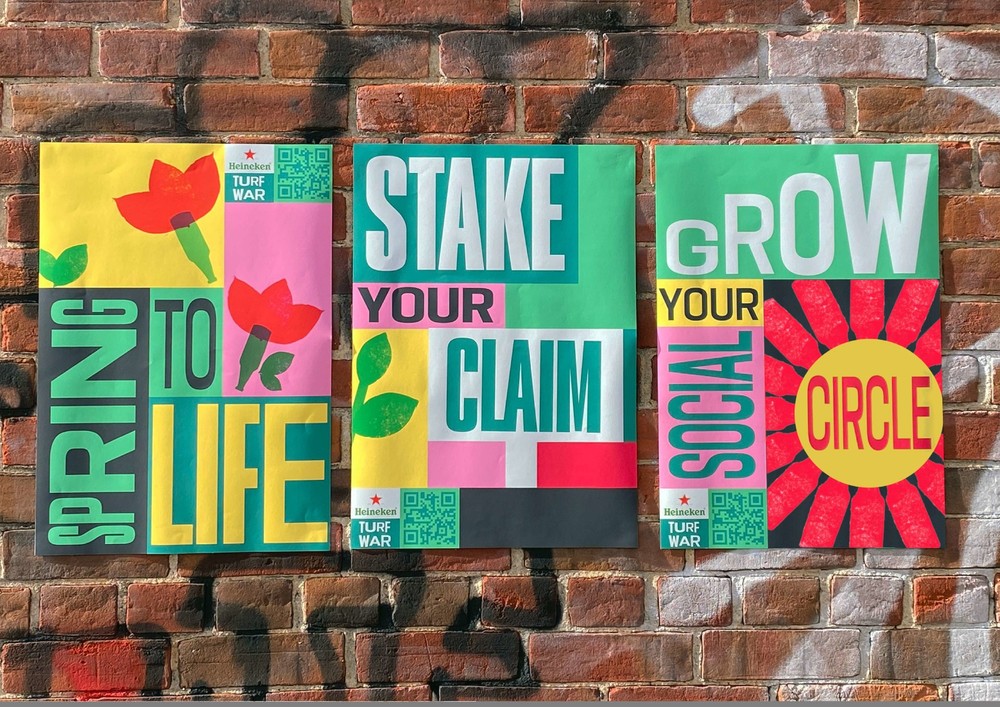
- Filter courses by study level: Undergraduate
- Filter courses by duration: Full time
- Filter courses by start month: September
- Filter courses by subject: Graphic Design
Graphic Design BA (Hons)
Be inspired to apply innovative and creative solutions to branding, packaging, and promotional design for commercial markets.
norwichuni_fashioncomms
-

norwichuni_fashioncomms FCP RAW VOL ll / ✨ signing off term with another awesome banking hall project week. our issue theme of analogue play saw us concept, set build, style, shoot, collage and launch our way to the end of term as only FCP know how #wearemakers Happy holidays FCP cya in 2026 for more of the same 🔥 #fashioncomms #fashioncomminicationandpromotion #collaboration #magazine (opens in a new window)
-

norwichuni_fashioncomms RAW MAG VOL 2. ANALOGUE PLAY LAUNCH. WATCH THIS SPACE (opens in a new window)
-
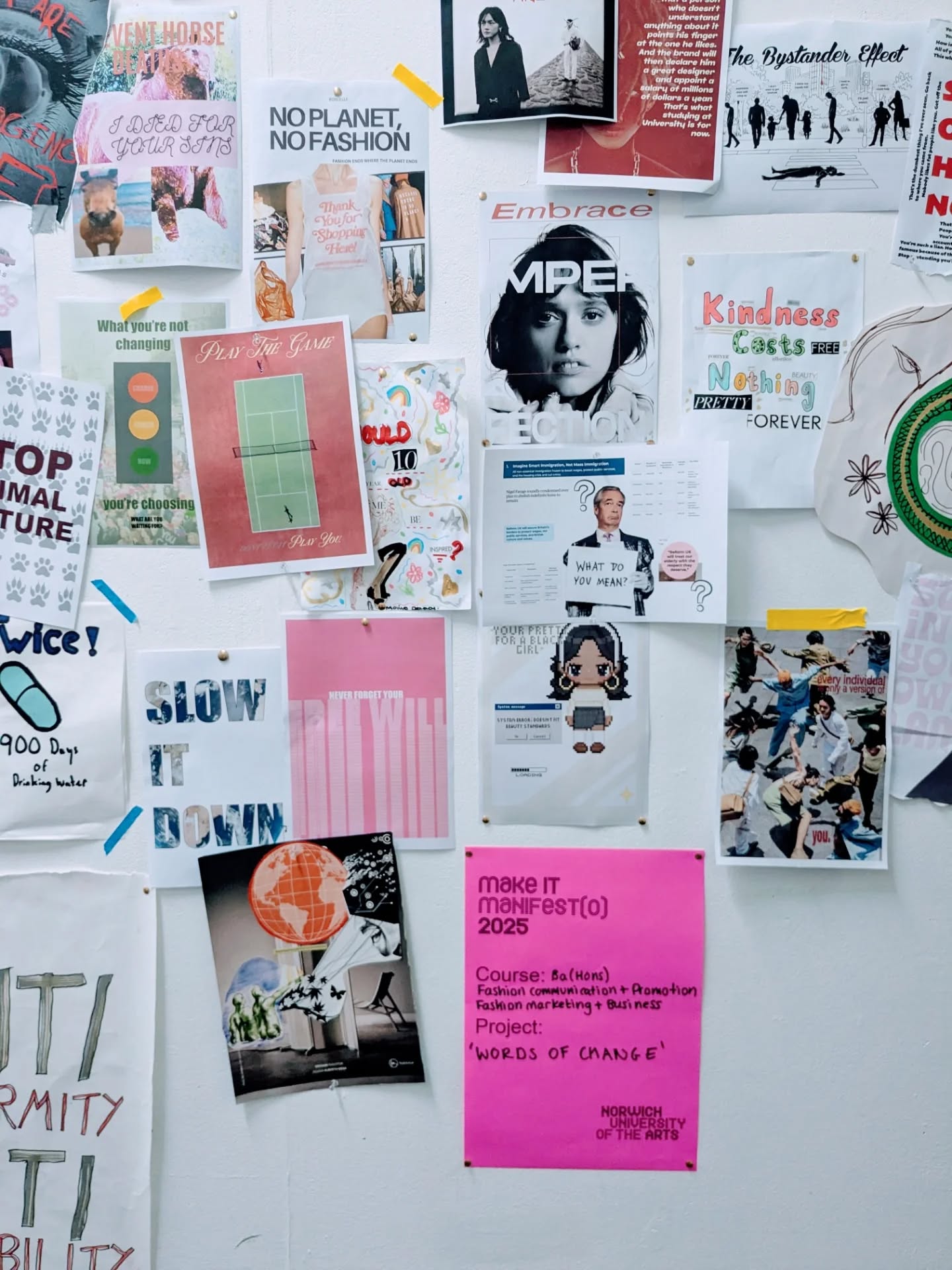
norwichuni_fashioncomms Make it Manifest(o) / ✨ this week everyone was back on campus and came together as a university community to visualise our manifesto’s as courses, programmes and individuals. It was amazing to walk around campus and see how much creativity was kicking off the year 🔥 @norwichuniarts #wearemakers #makeitmanifesto #creativeeducation #creativity (opens in a new window)
-
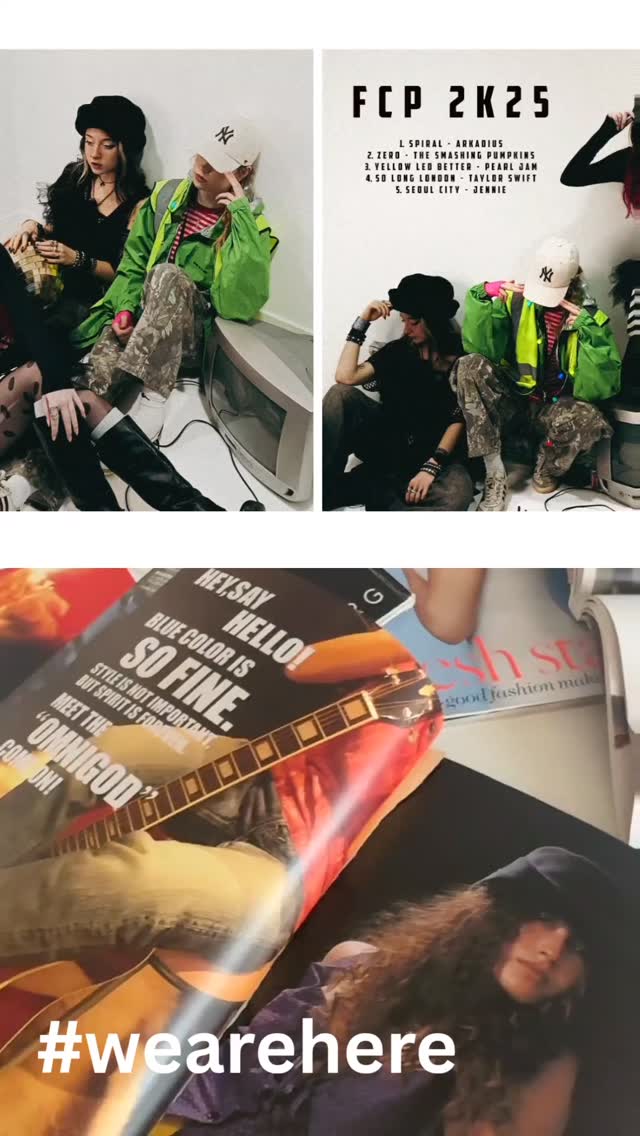
norwichuni_fashioncomms #wearehere /✨ this week we welcomed our first years. It’s great to see you excited and ready to hit the ground running! We asked you who you are and why you’re here and it was great to see you respond! Years 2 and 3 see you next week! When the fun really starts 🔥 #freshers #norwichuniversityofthearts #fashioncomms #fashionmarketing #newterm #contentcreation (opens in a new window)
-

norwichuni_fashioncomms GAME ON ✨ / welcome year 1. We’re back. You’re here. Let’s get ready for a great year 🎉 📷 FCP grad @antons.pics #wearemakers #fashioncomms #freshers #university (opens in a new window)
-
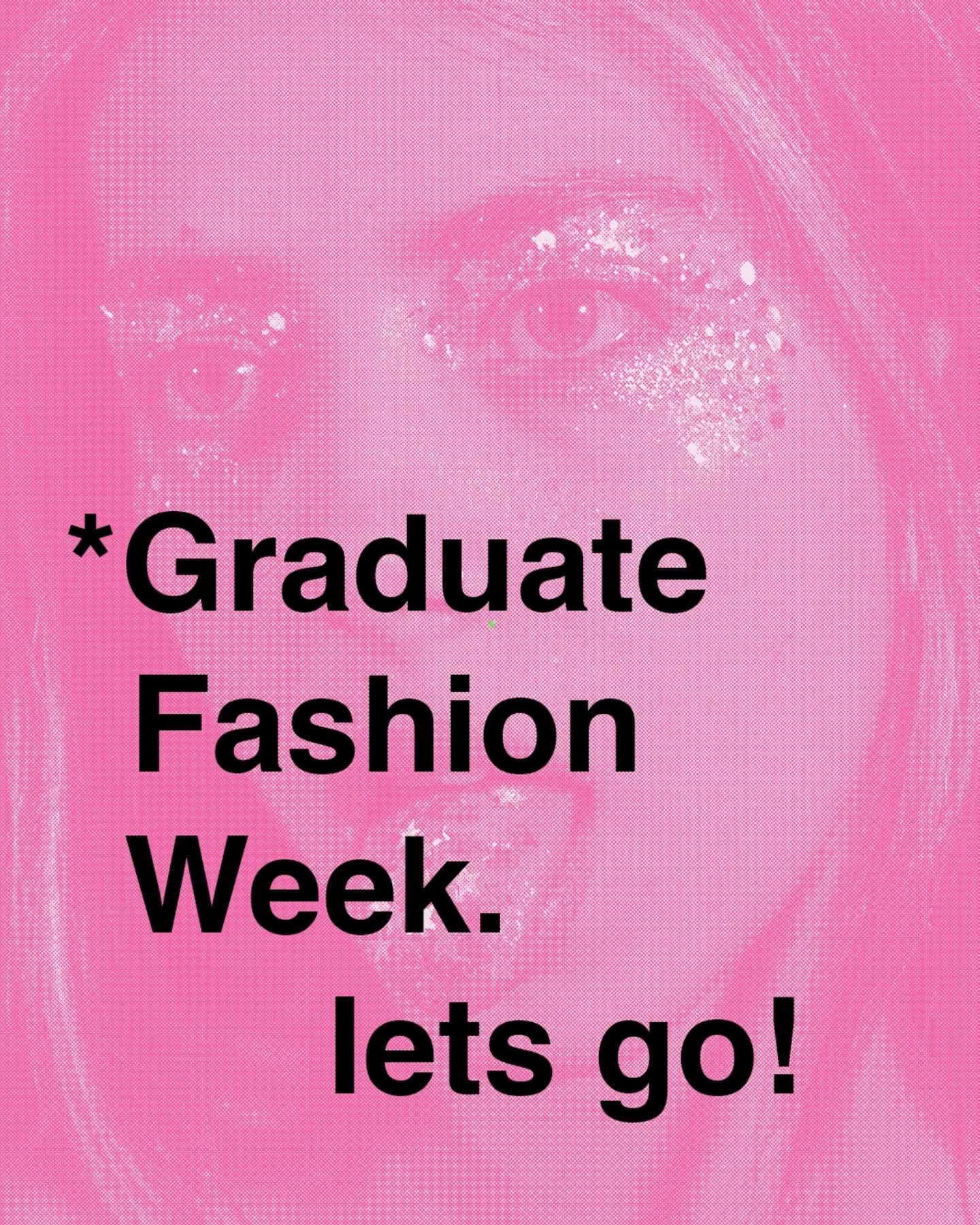
norwichuni_fashioncomms GRADUATE FASHION WEEK 2025 /✨ GFW kicks off today at Truman brewery in London and over the weekend we have some amazing @norwichuni_fashioncomms students heading down for awards judging. HUGE congratulations on being finalists Abbie green / photography / styling& creative direction / portfolio award Laura Cook / photography award Siz Gilling / Terry Mansfield publication award Anthony McLoughlin / moving image award We are mega proud of you ✨ GO AND SMASH IT #wearemakers #graduatefashionweek #graduates #creativity #fashioncomms (opens in a new window)
-
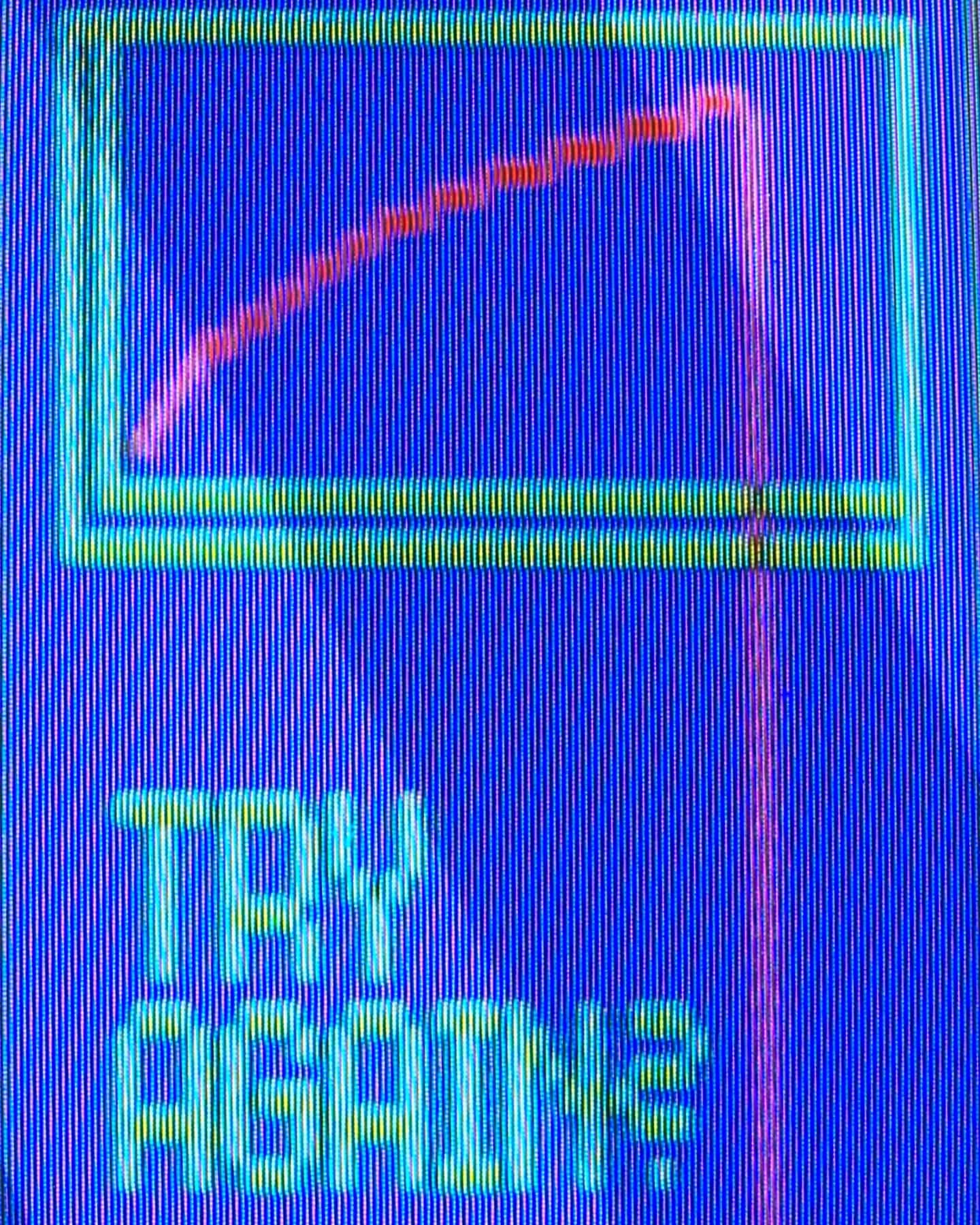
norwichuni_fashioncomms SECOND YEAR FILM COLLABS ✨ / it’s hand in for second years today so a great time to reflect on this week’s Collab screenings for the @norwichuni_fashioncomms and @norwichuni_film Collab! Here’s a sneak peak at some of the awesome stills captured alongside the films! Great work second years! #wearemakers #fashioncomms #fashionimage #collaboration #fashionfilm (opens in a new window)
-

norwichuni_fashioncomms CONGRATULATIONS FCP THIRD YEARS! ✨ / Final year FCP students handed in their degree work on Friday and they have totally smashed it! We are so proud of the work you’ve made this year! @norwichuniarts @norwichuni_fashioncomms #wearemakers #fashioncomms #graduates #creativeindustry #imagemakers (opens in a new window)
-
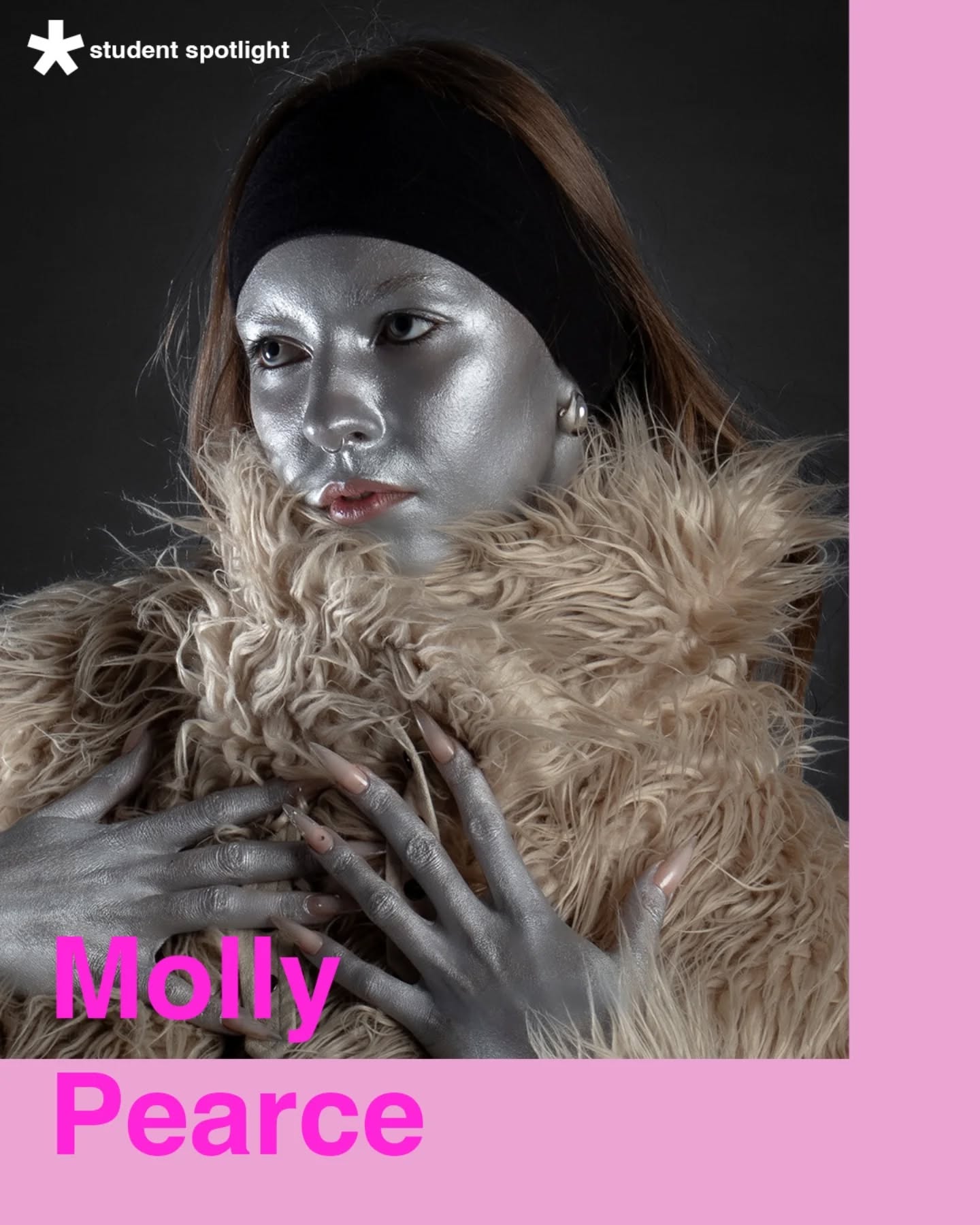
norwichuni_fashioncomms STUDENT SPOTLIGHT / Molly Pearce “This shoot titled ‘immaterial’ forms part of my final major project which focuses on my relationship with music and lyrics and how I visualise those through fashion imagery.” @norwichuni_fashioncomms @norwichuniarts @officialgfw #norwichunifashioncomms #norwichuniversityofthearts #wearemakers #studentspotlight #finalmajorproject #graduate #workinprogress (opens in a new window)
-
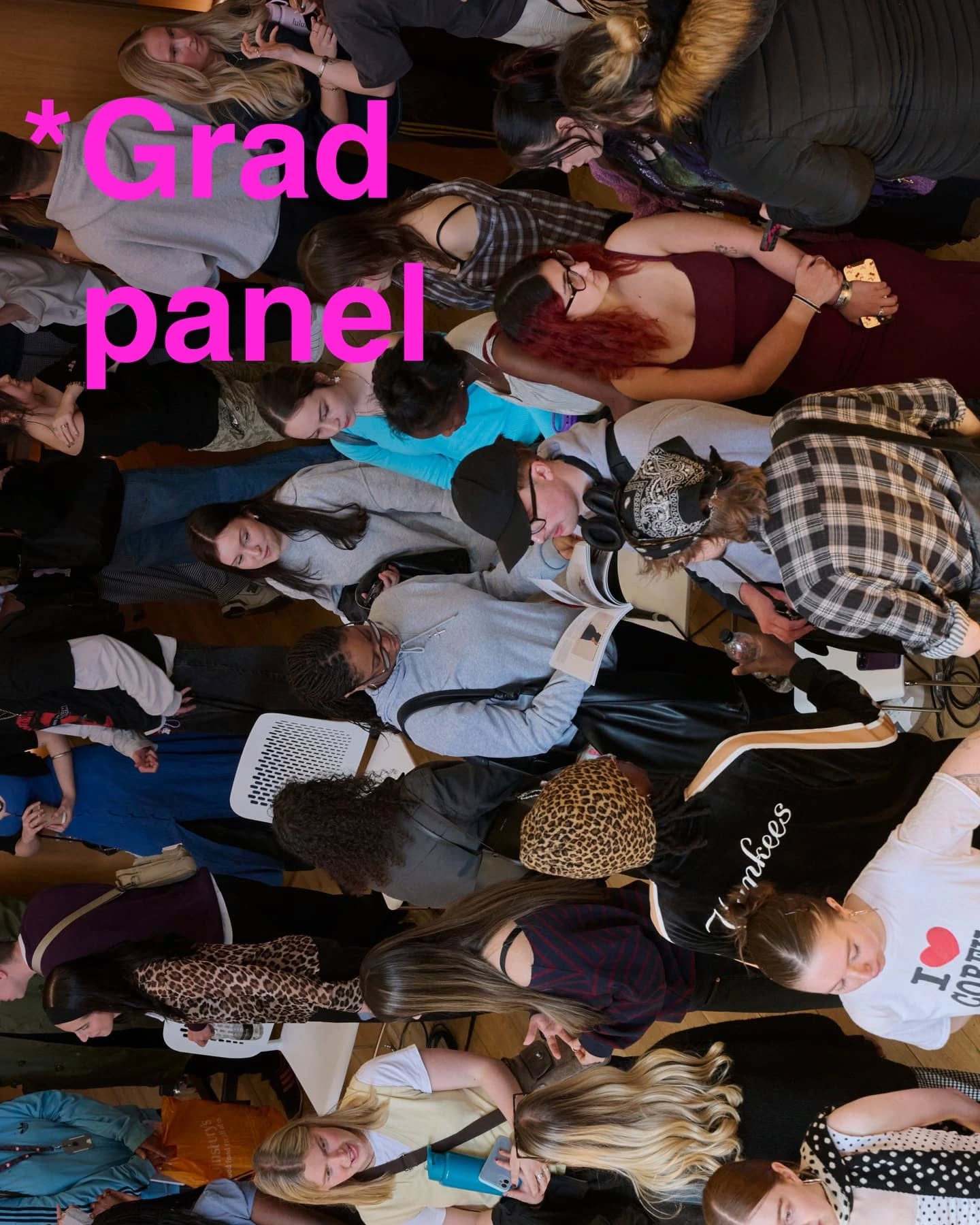
norwichuni_fashioncomms GRADUATE PANEL DAY ⚡ / yesterday we welcomed back 6 amazing graduates from @norwichuni_fashioncomms and @norwichuni_fashionmarketing to share their wisdom, life advice and tips for success with our students. Seeing graduates take on the industry and grow so much in their resilience and determination was inspiring and we love getting to see you all and watch you inspire the next generation of makers, thinkers and movers & shakers. Big thanks to Sam, Sunny, Mila, Ana, Joe and Kelly for their time, advice and all round inspiration ✨ @norwichuniarts @norwichuni_fashionmarketing @norwichuni_fashioncomms #wearemakers #graduates #graduateguidene #paneltalk #creativeindustry #inspiration #collaboration #fashioncomms #fashionmarketing (opens in a new window)
-
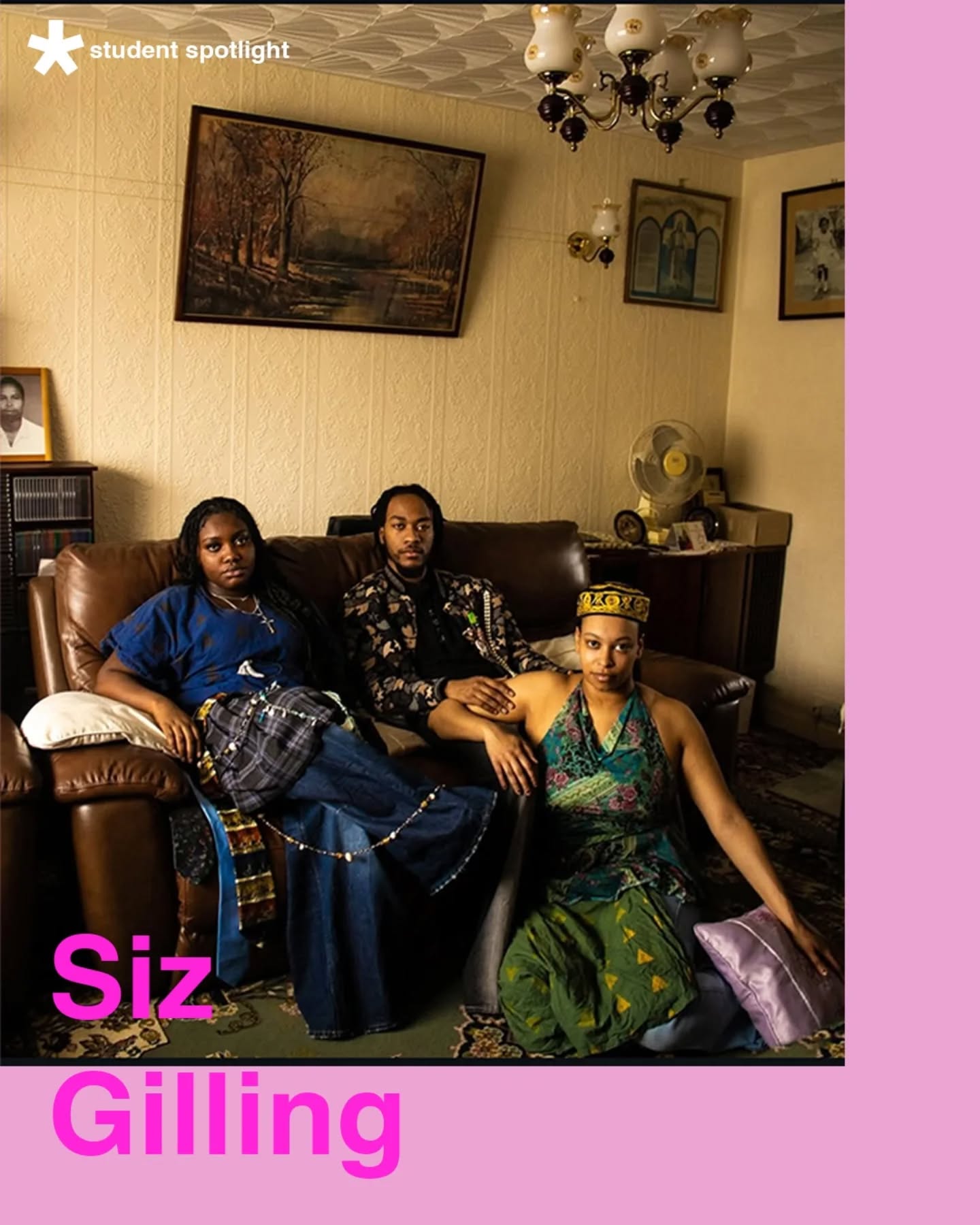
norwichuni_fashioncomms STUDENT SPOTLIGHT / Siz Gilling “OnkiDonk showcases Black culture during the 70s, bringing a sense of home to a new location. West Indian front rooms are a significant insight into the birth of Black British subcultures.” @norwichuni_fashioncomms @norwichuniarts @officialgfw #norwichunifashioncomms #norwichuniversityofthearts #wearemakers #studentspotlight #finalmajorproject #graduate #workinprogress (opens in a new window)
-
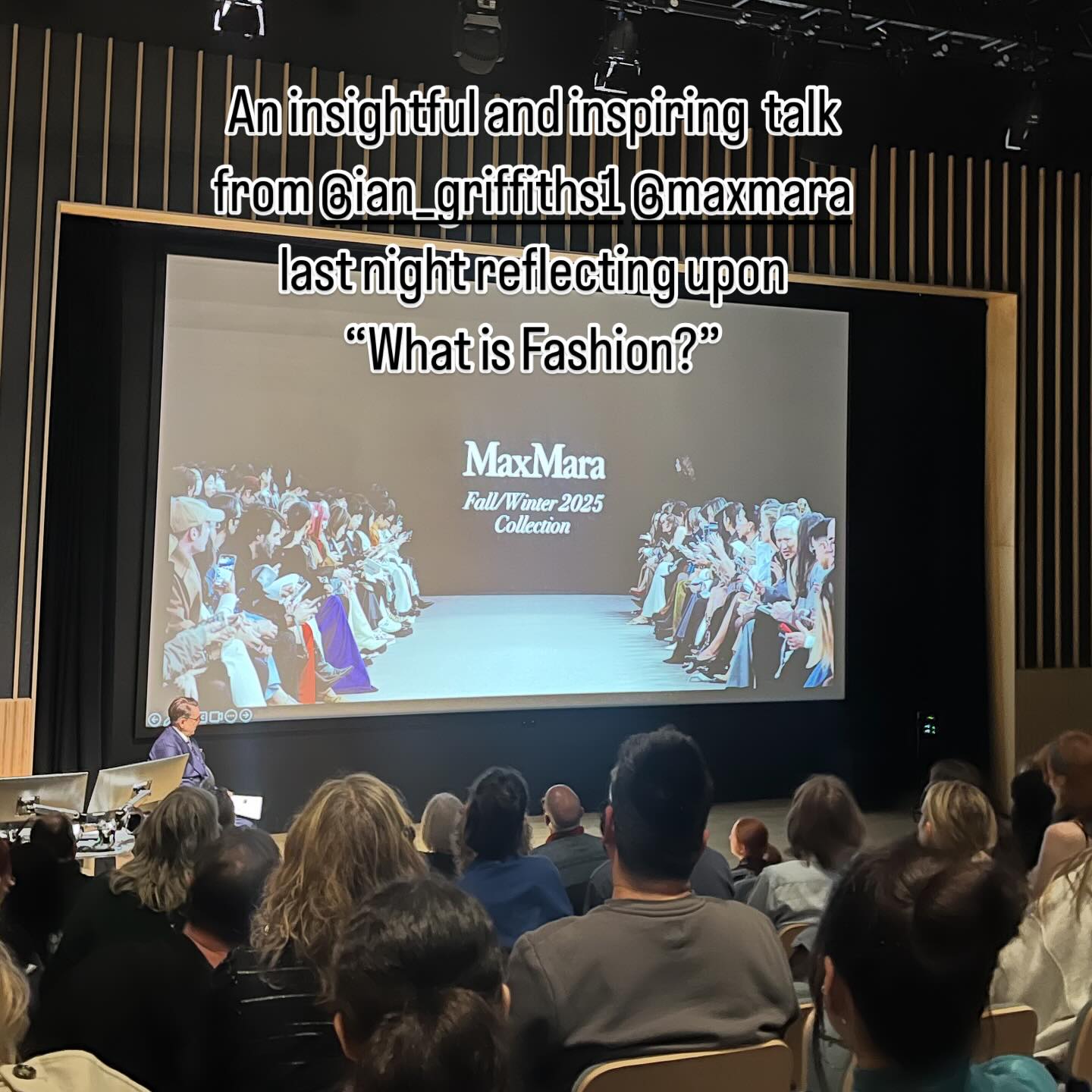
norwichuni_fashioncomms INDUSTRY: We were lucky to have @ian_griffiths1 @maxmara visit @norwichuniarts yesterday as part of the Vice Chancellors Lecture Series. An insightful and inspiring talk reflecting upon “What is fashion?”. Thankyou @ian_griffiths1 #industry #fashion #norwich (opens in a new window)
-
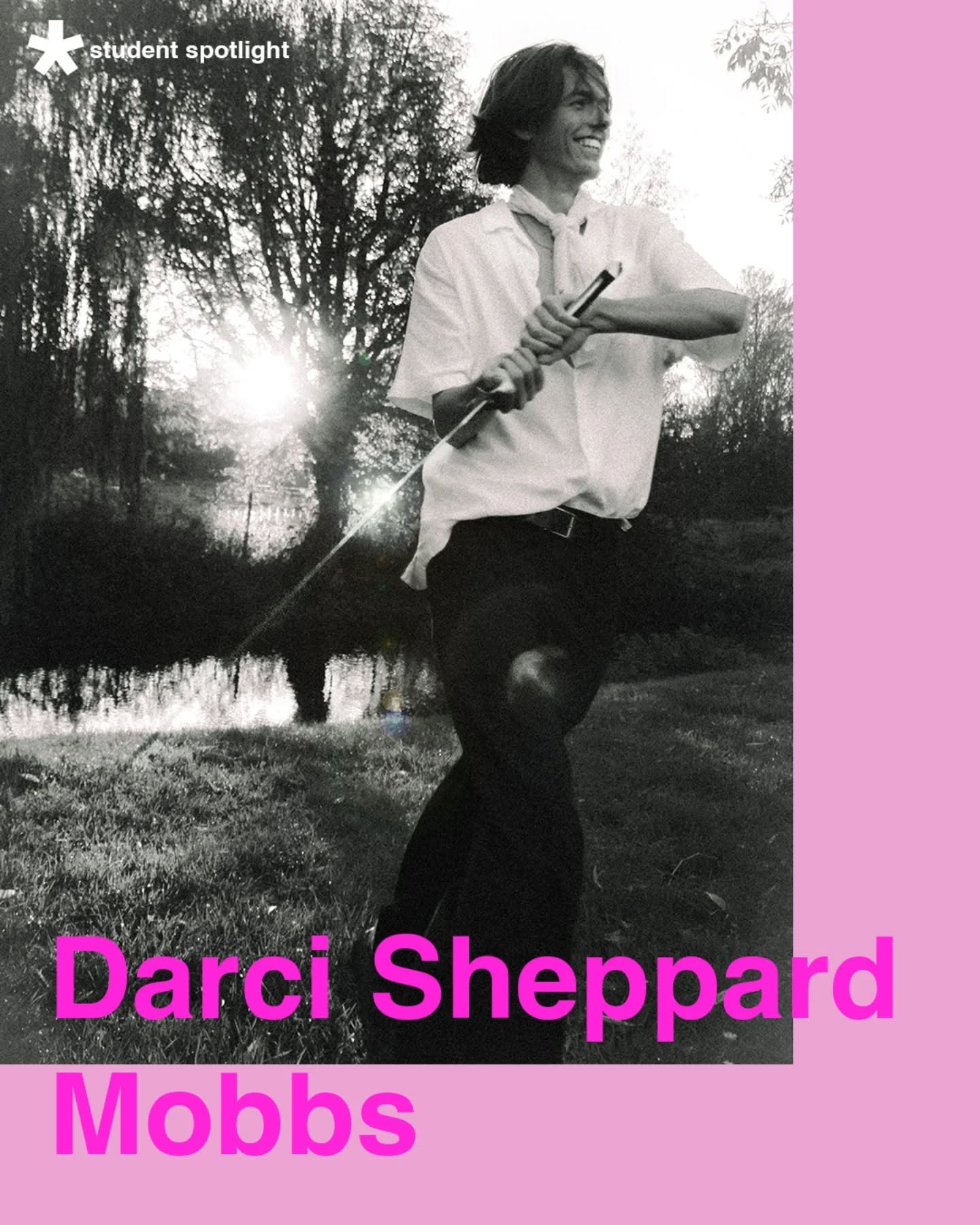
norwichuni_fashioncomms STUDENT SPOTLIGHT / Darci Sheppard Mobbs “Three Knights at Arms draws inspiration from John Keats’ La Belle Dame Sans Merci. Rooted in my love for storytelling, fantasy and art, my work weaves together myth and emotion.” @norwichuni_fashioncomms @norwichuniarts @officialgfw #norwichunifashioncomms #norwichuniversityofthearts #wearemakers #studentspotlight #finalmajorproject #graduate #workinprogress (opens in a new window)
-


